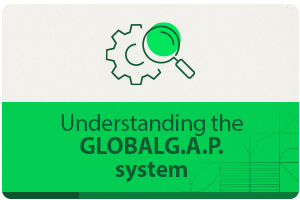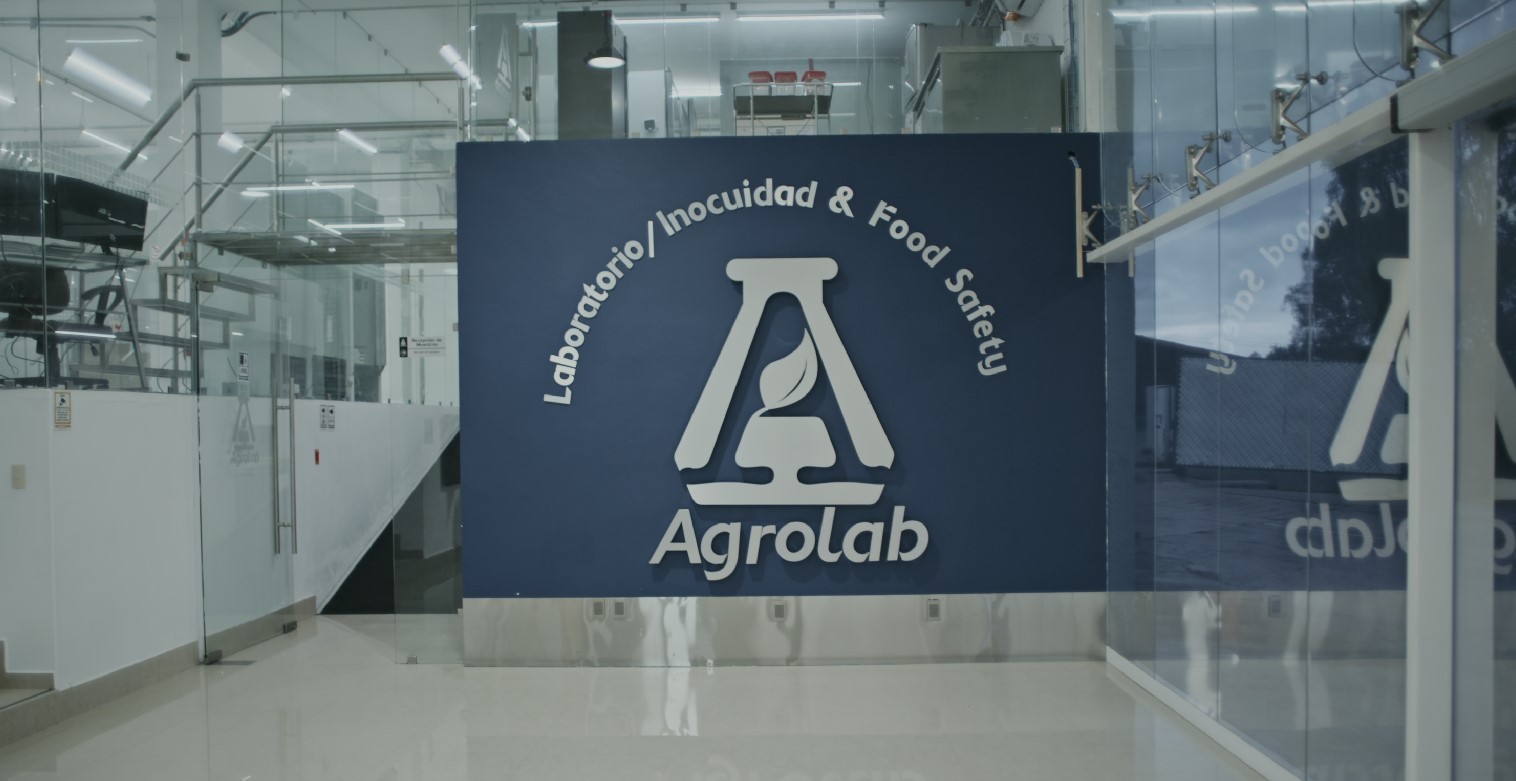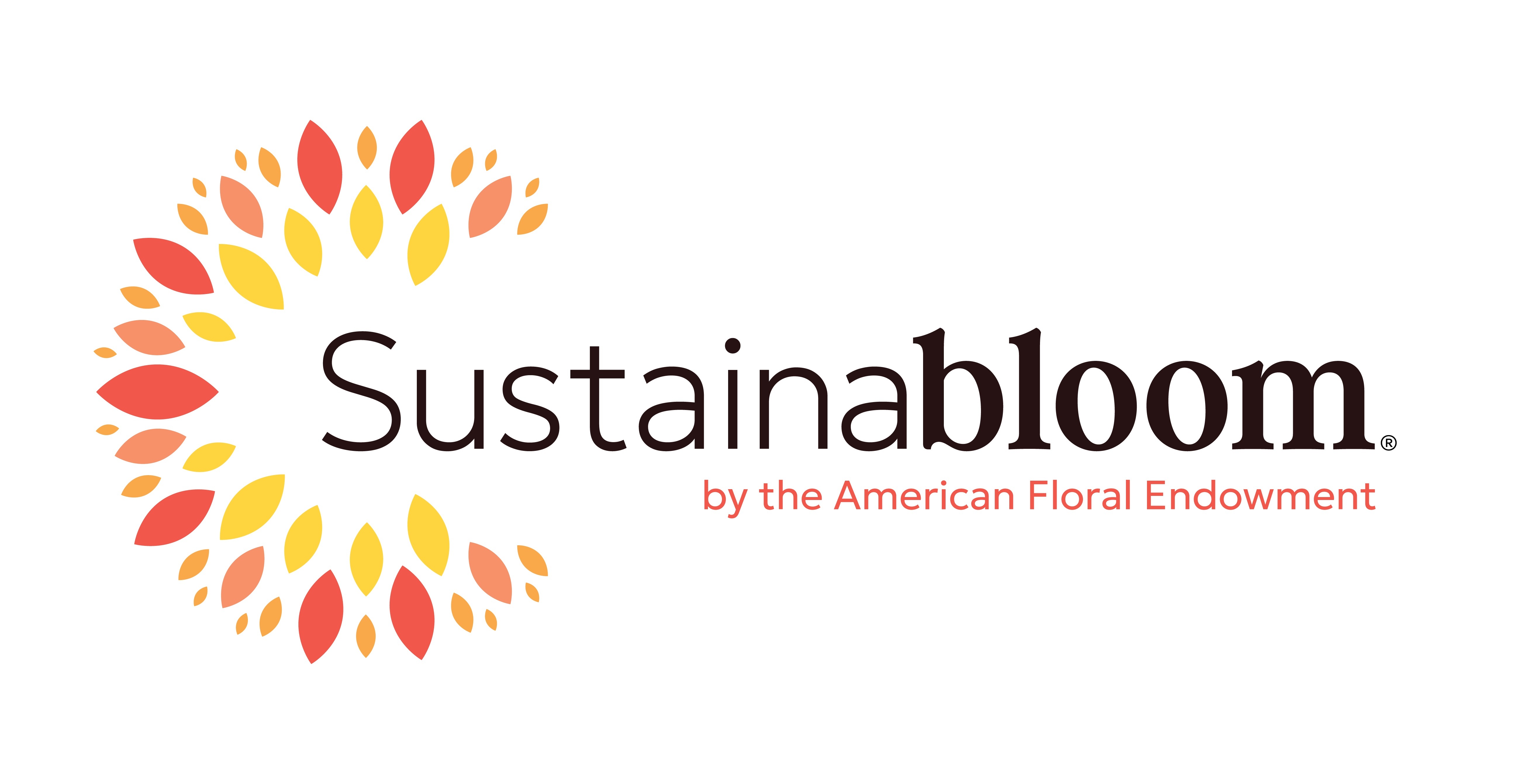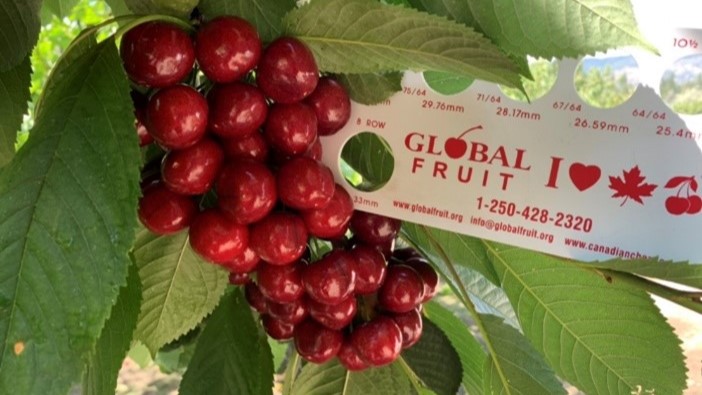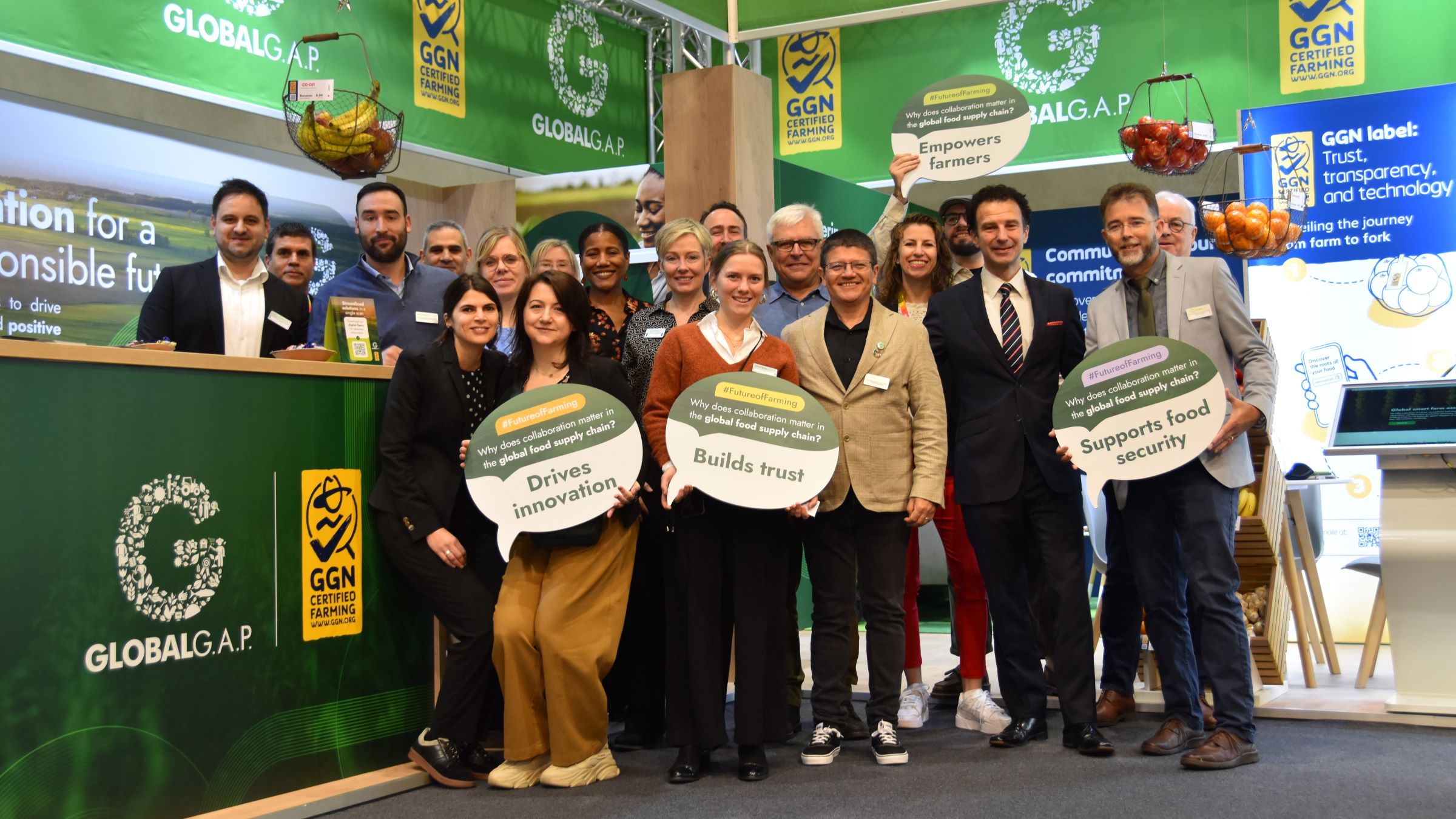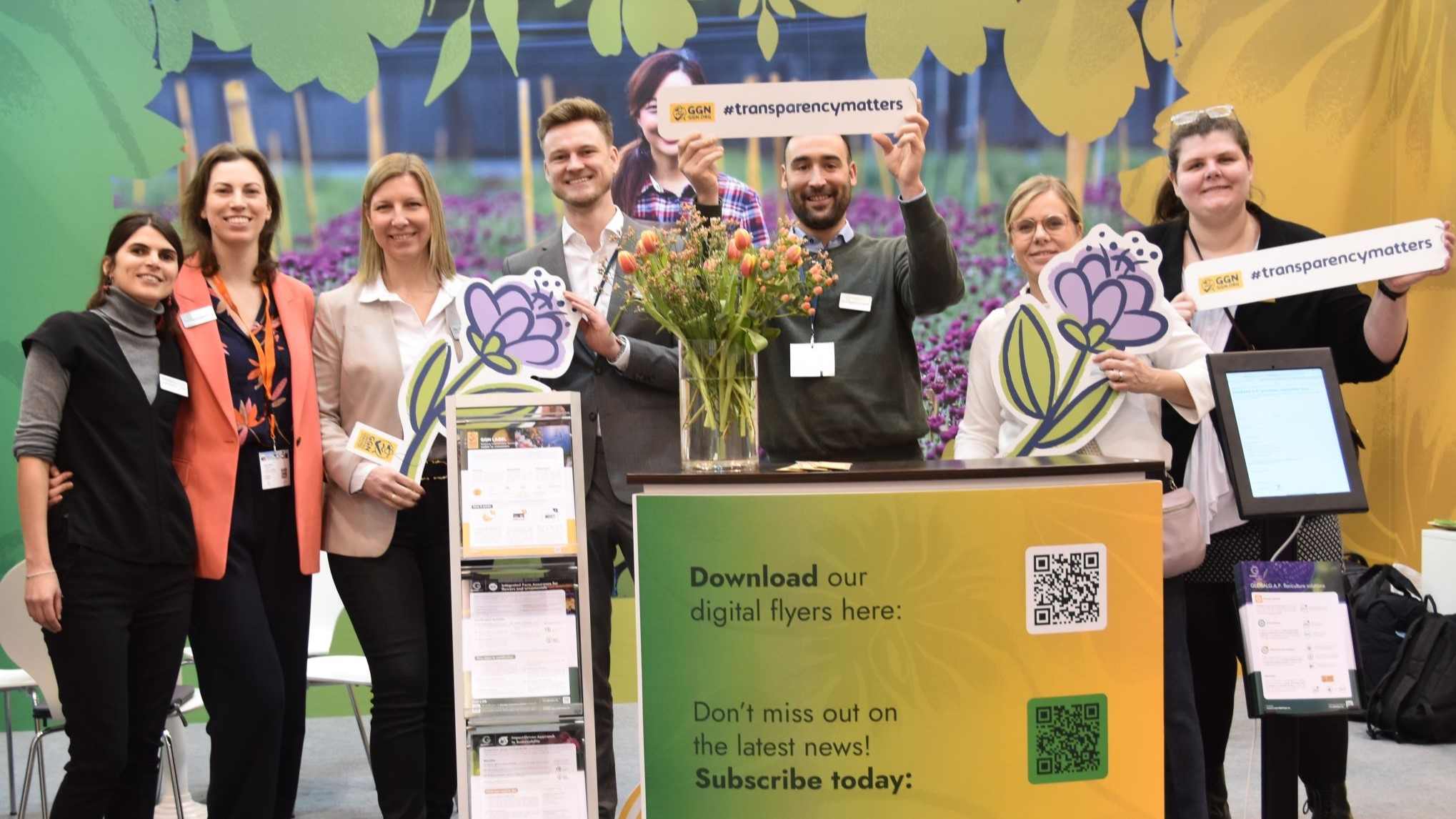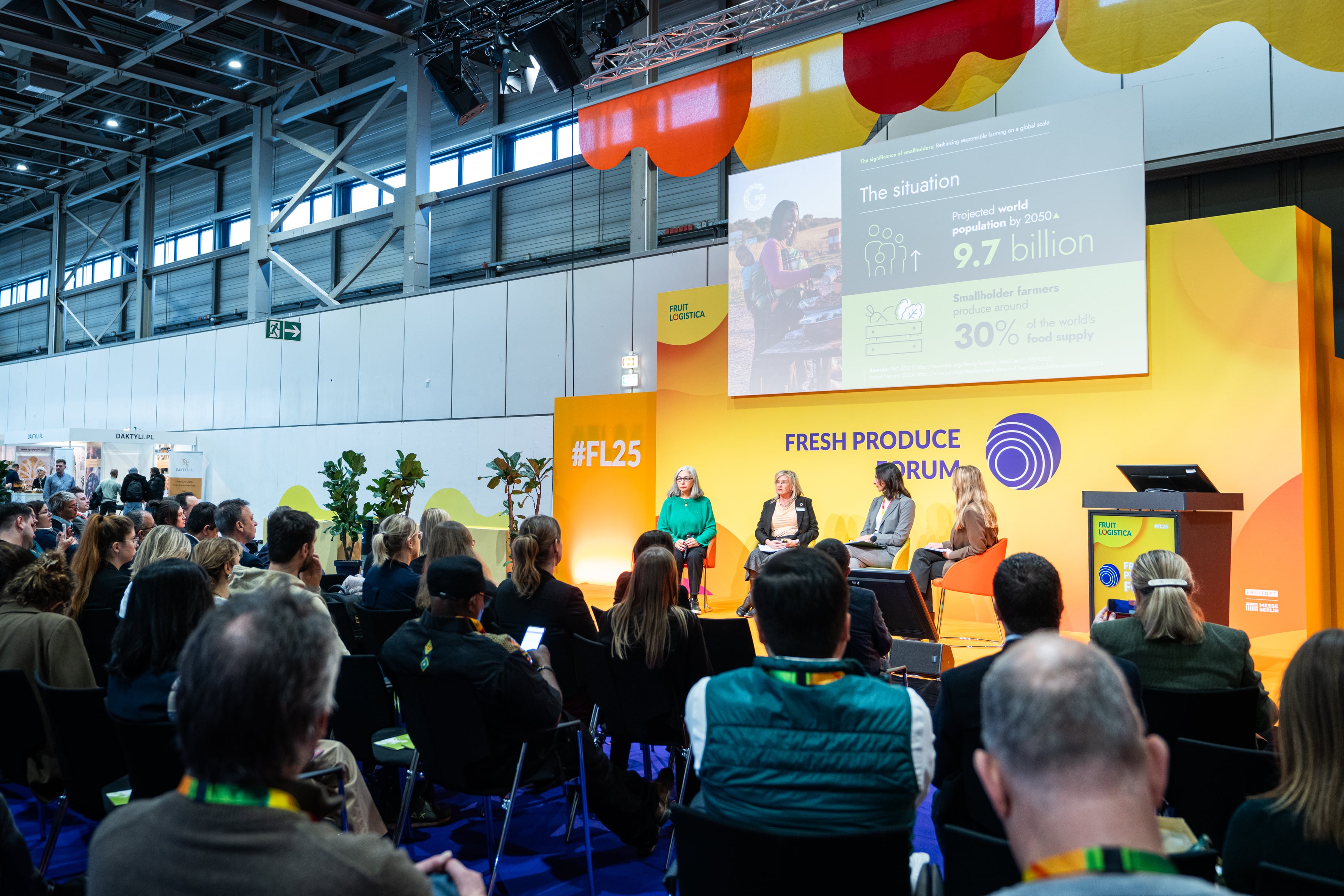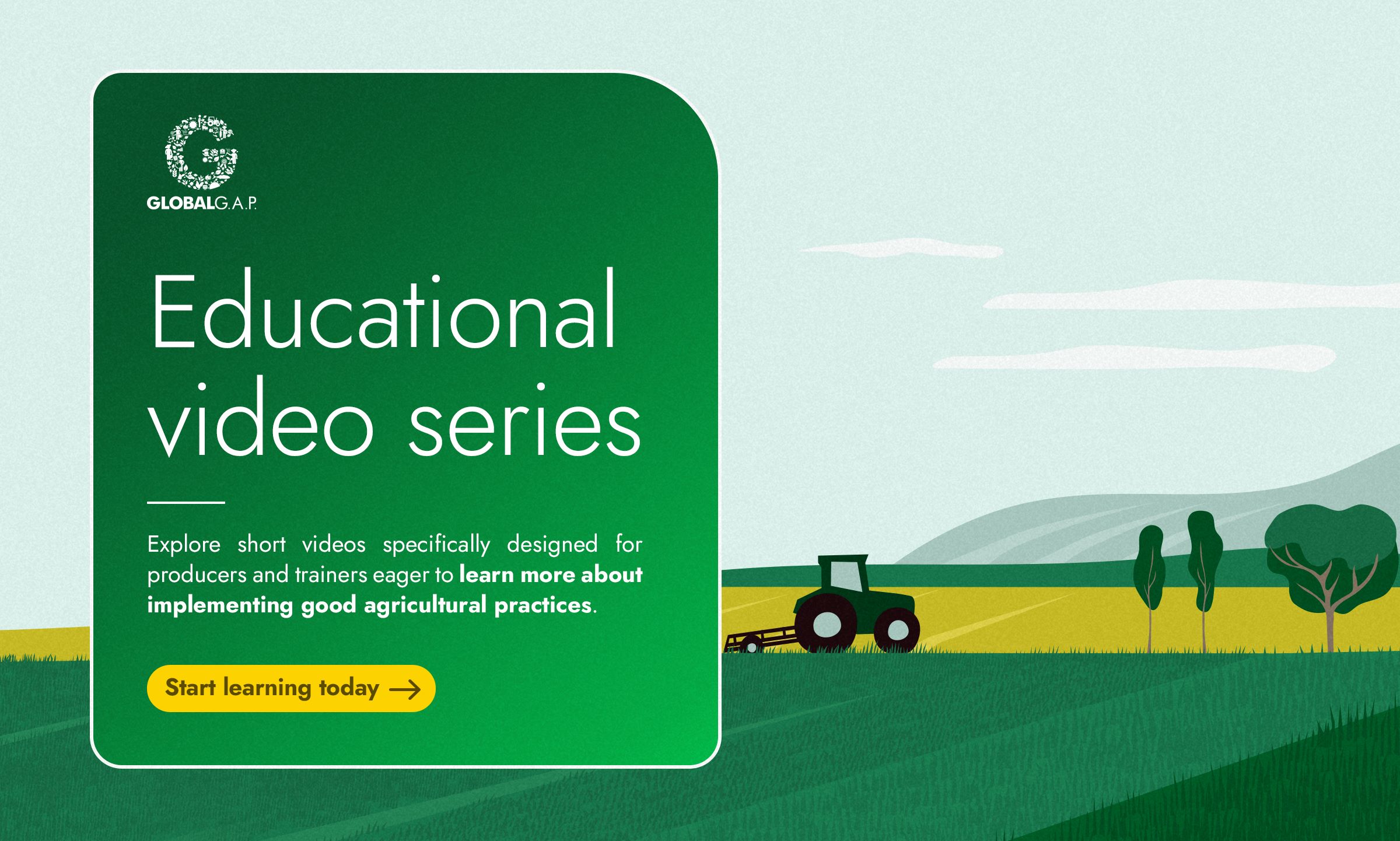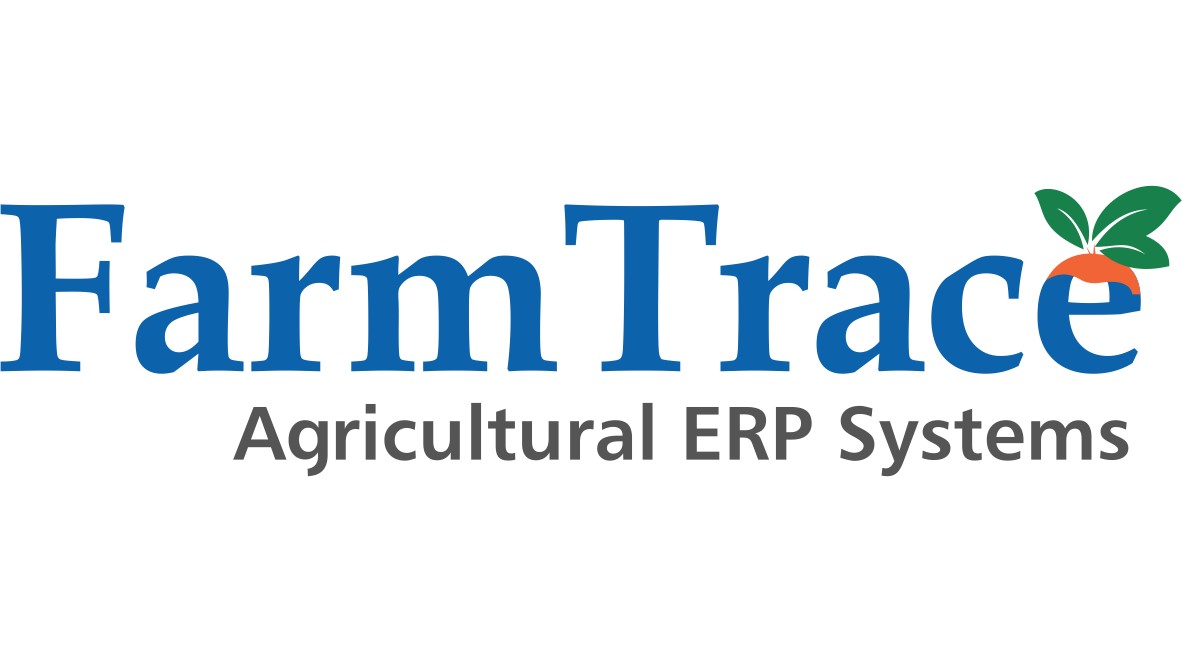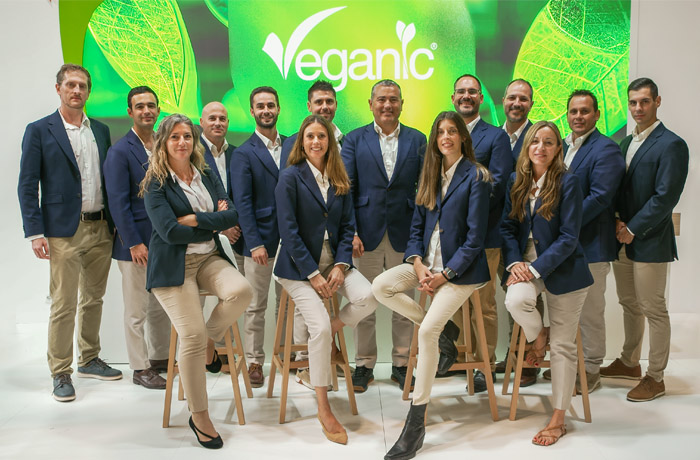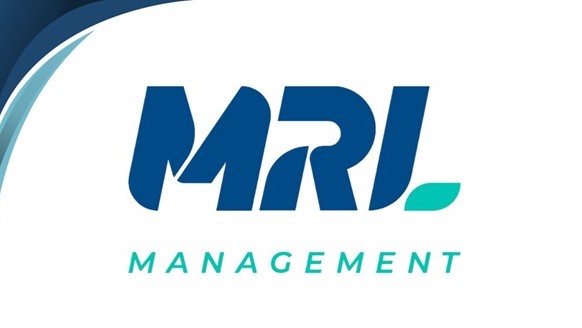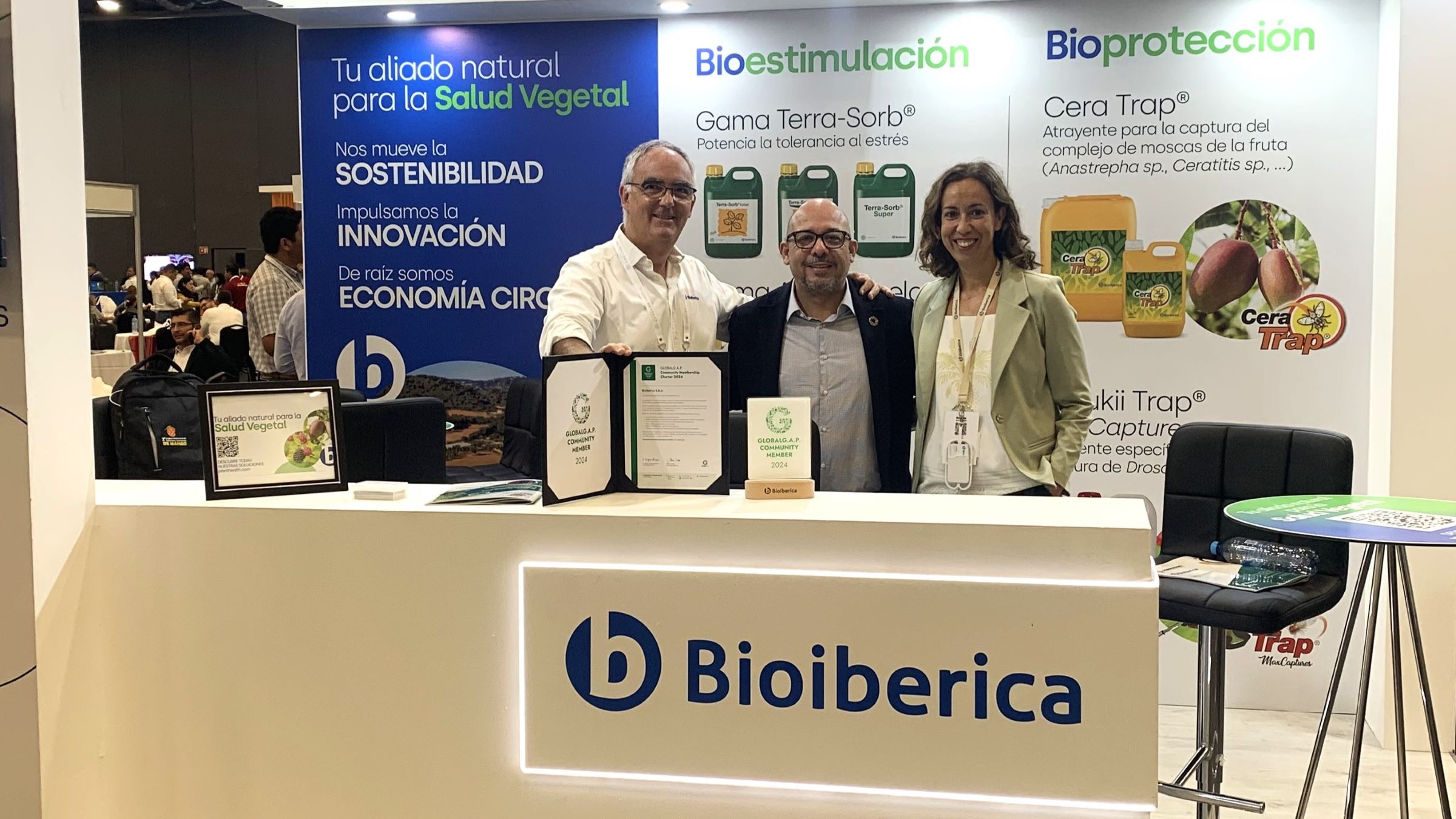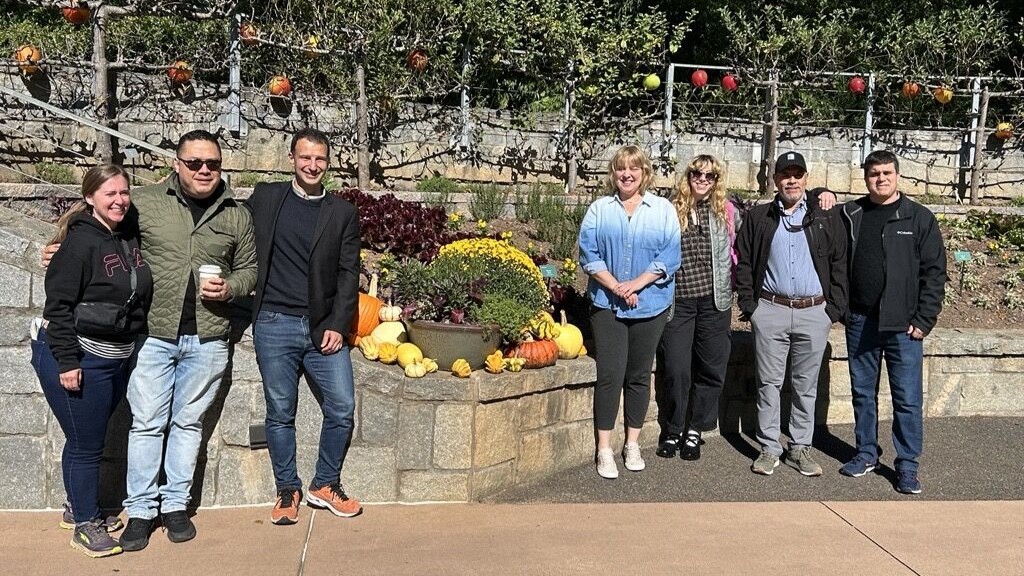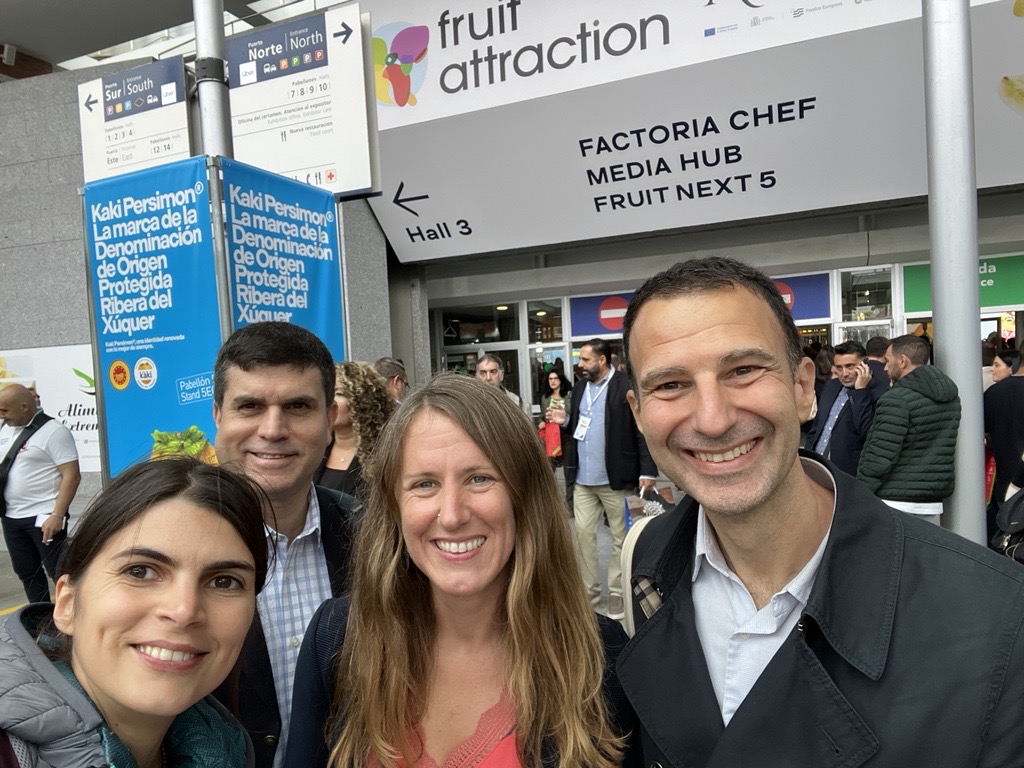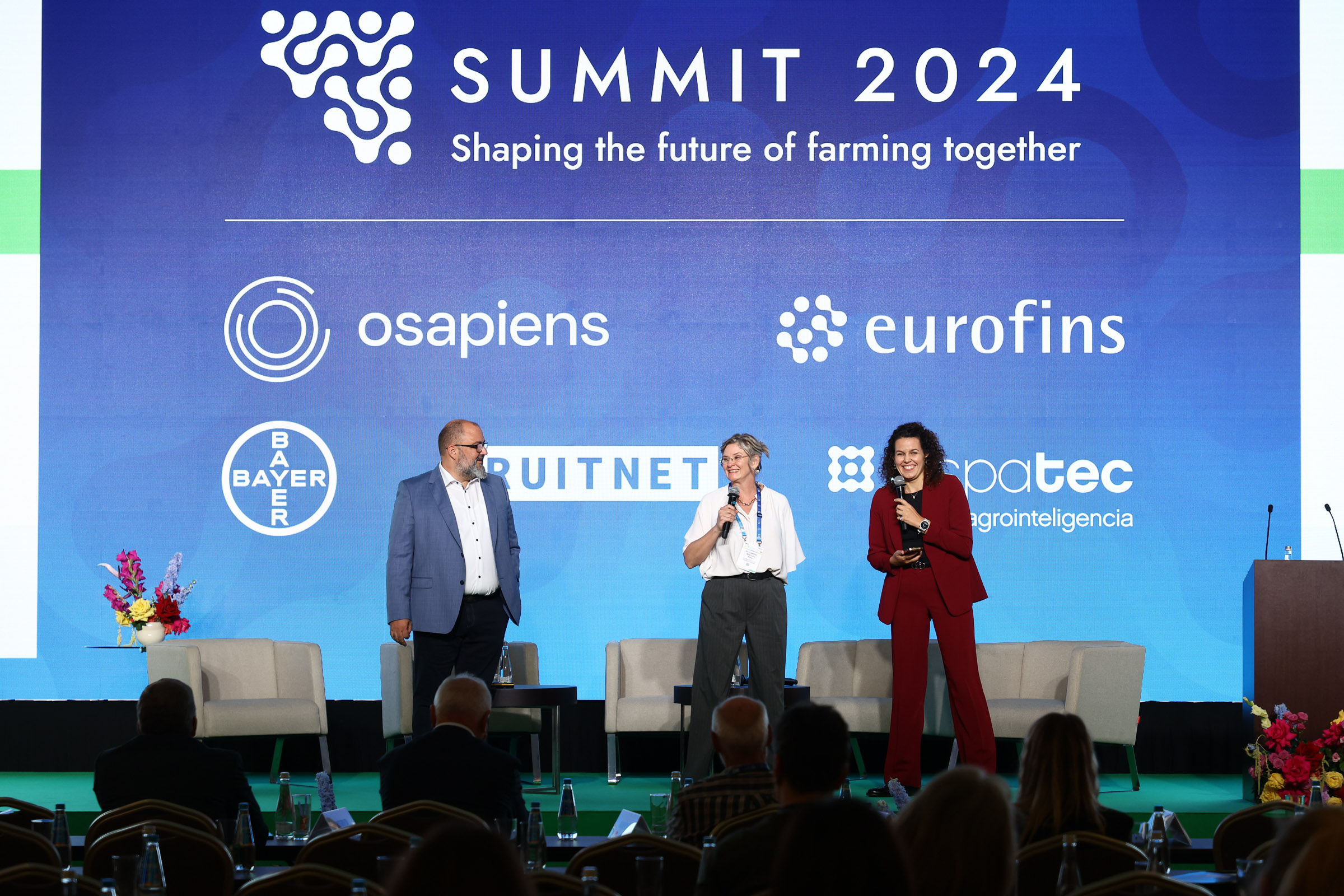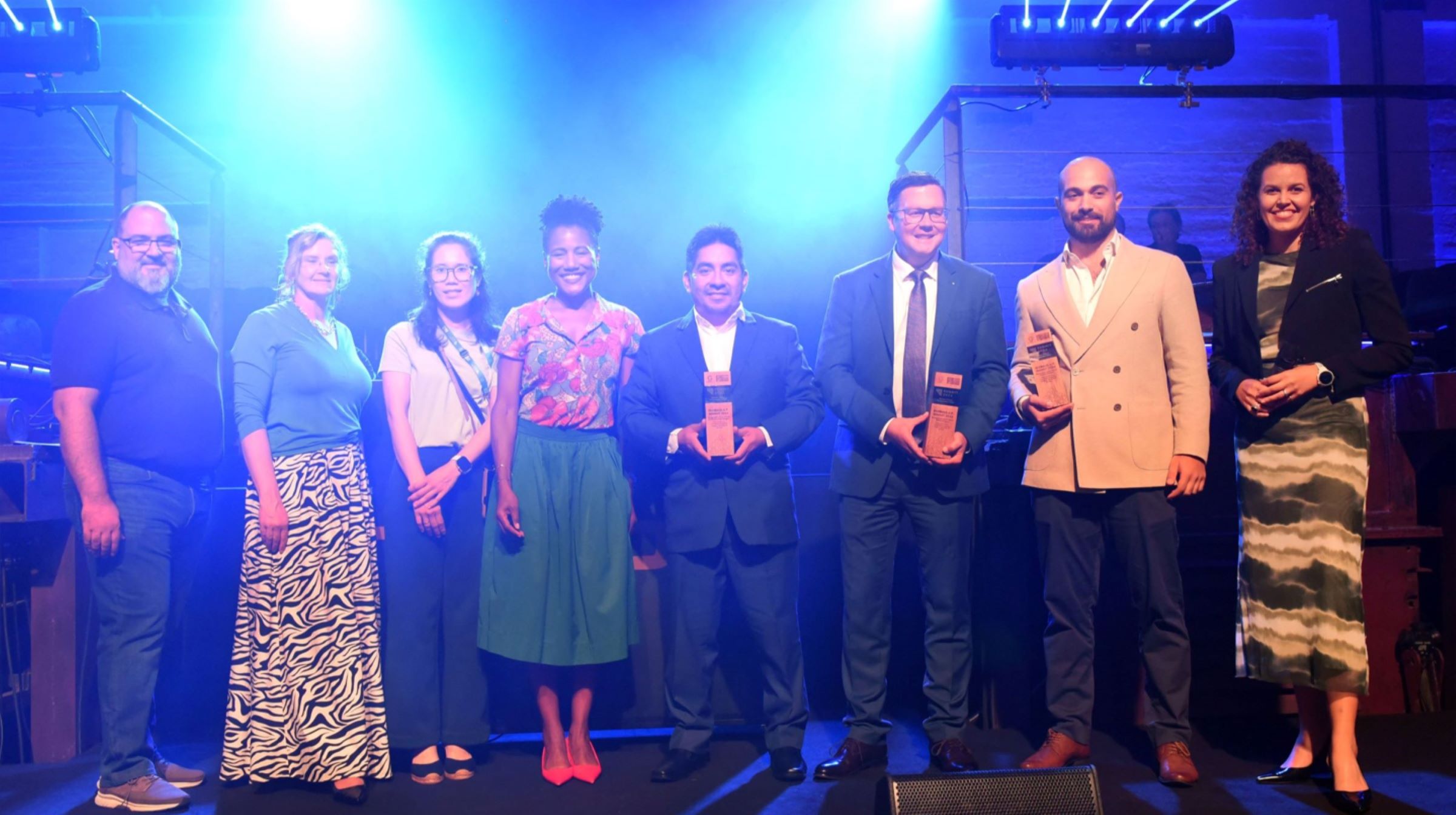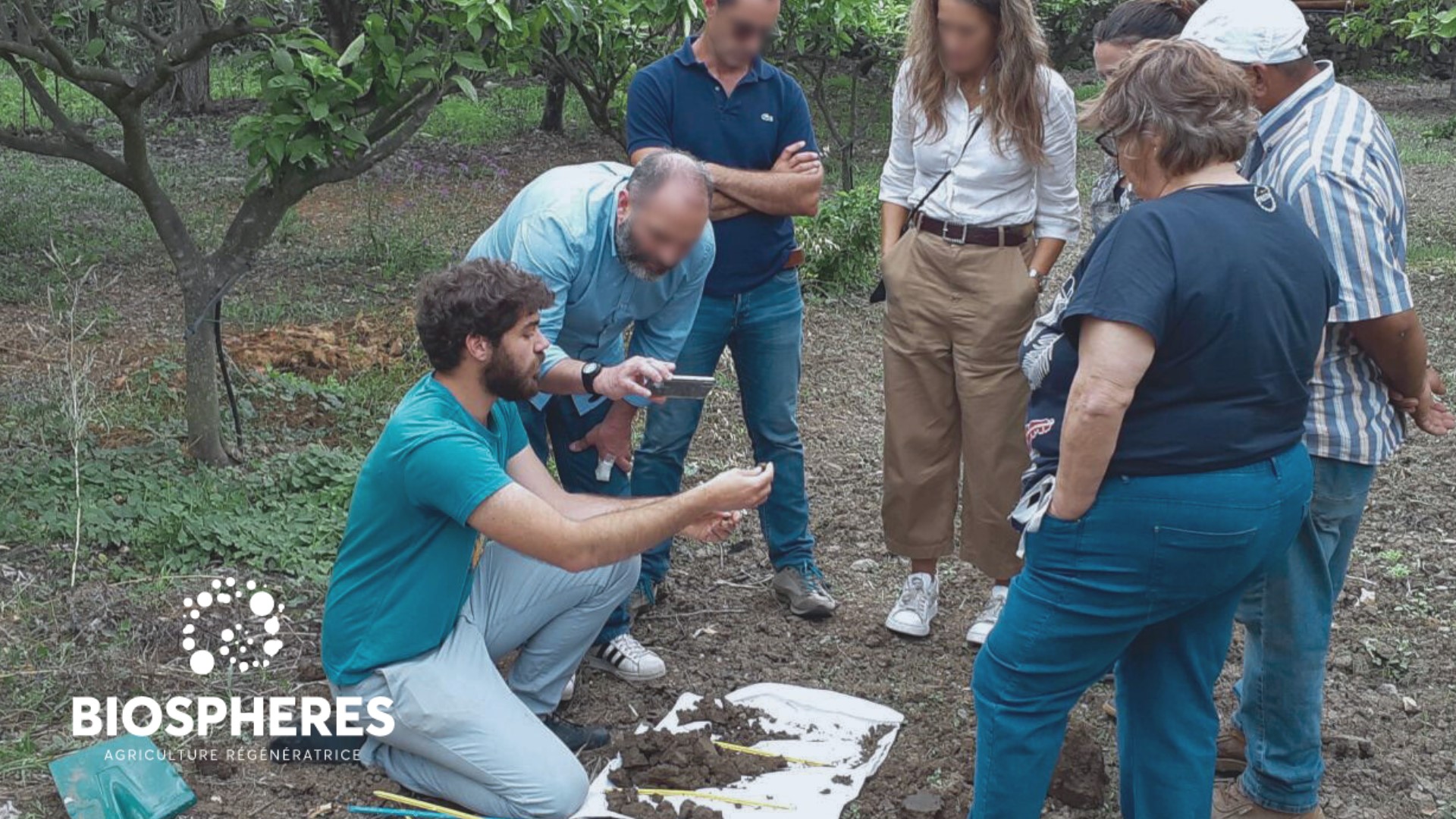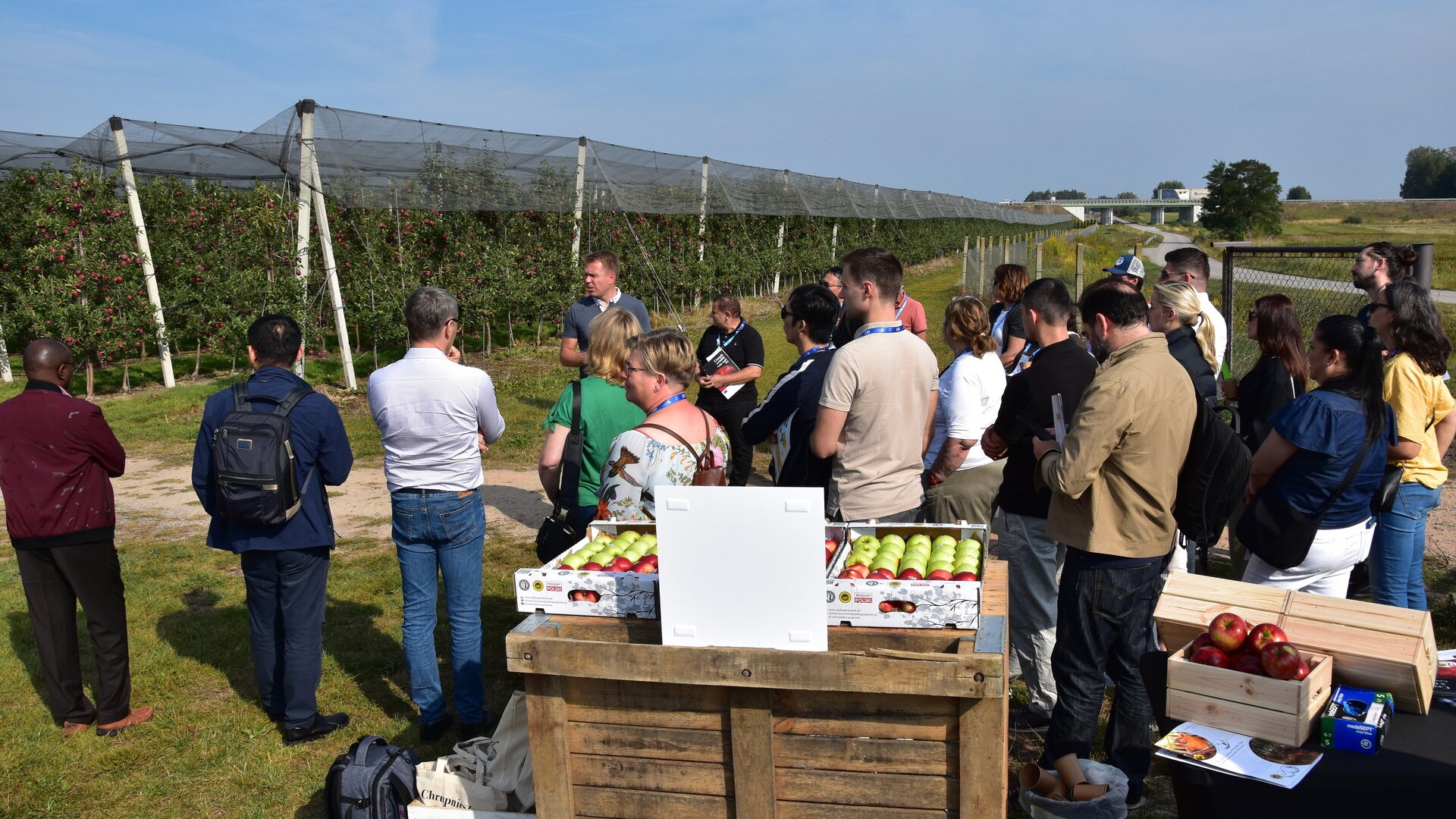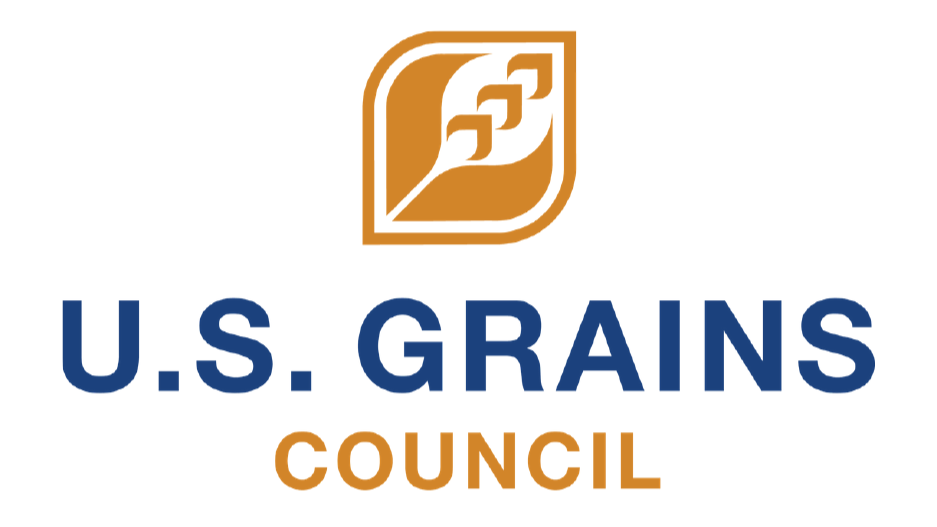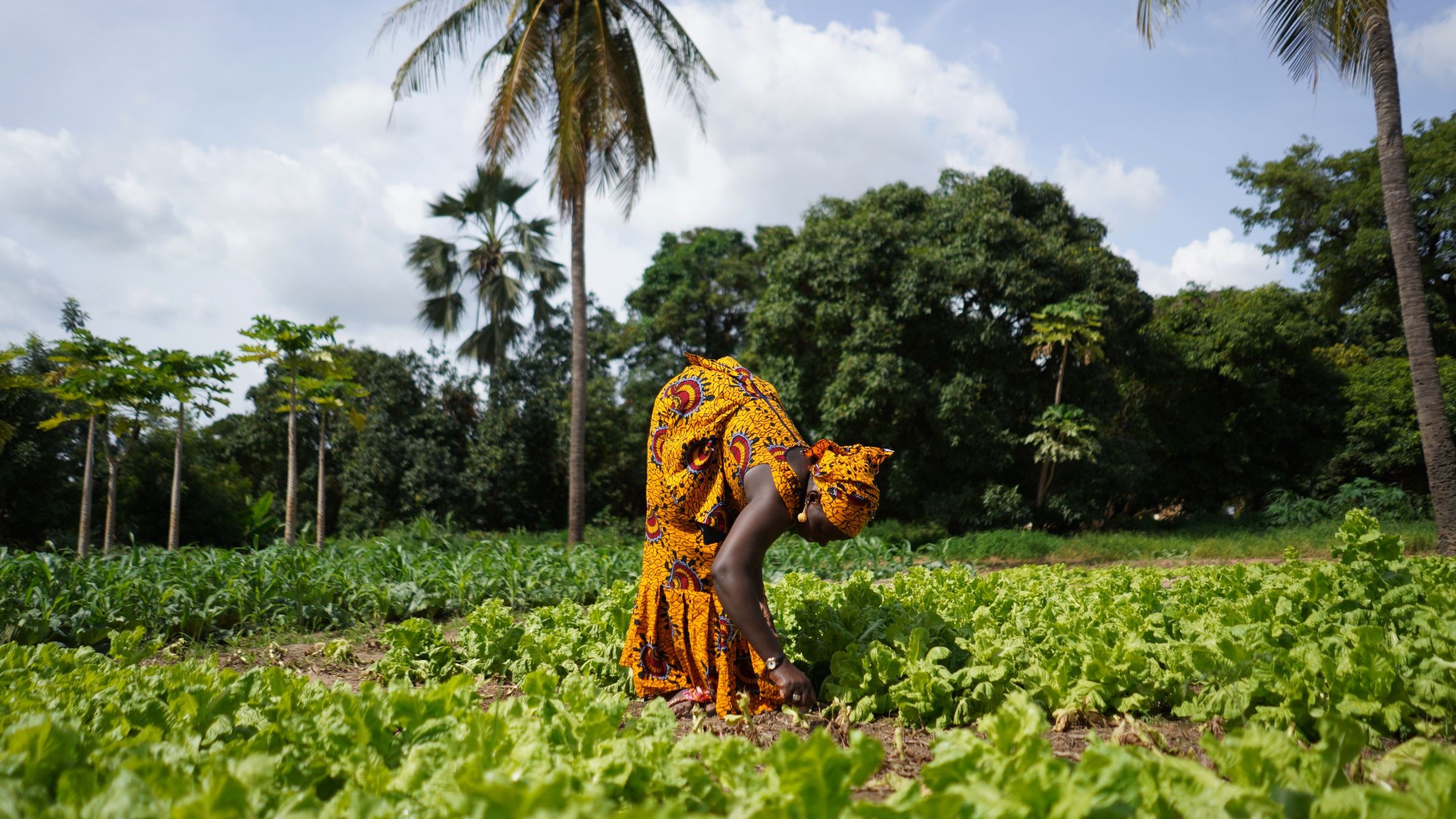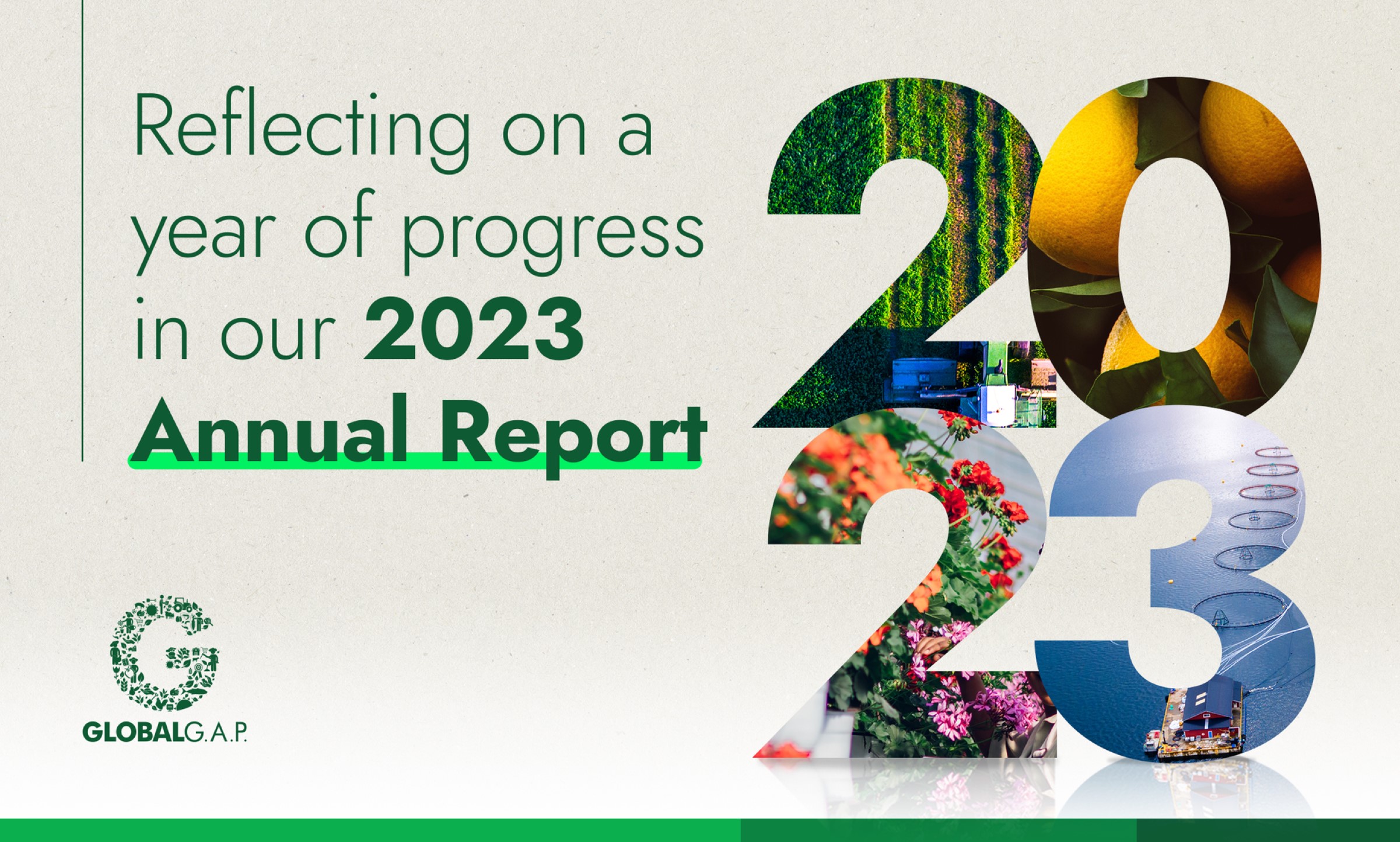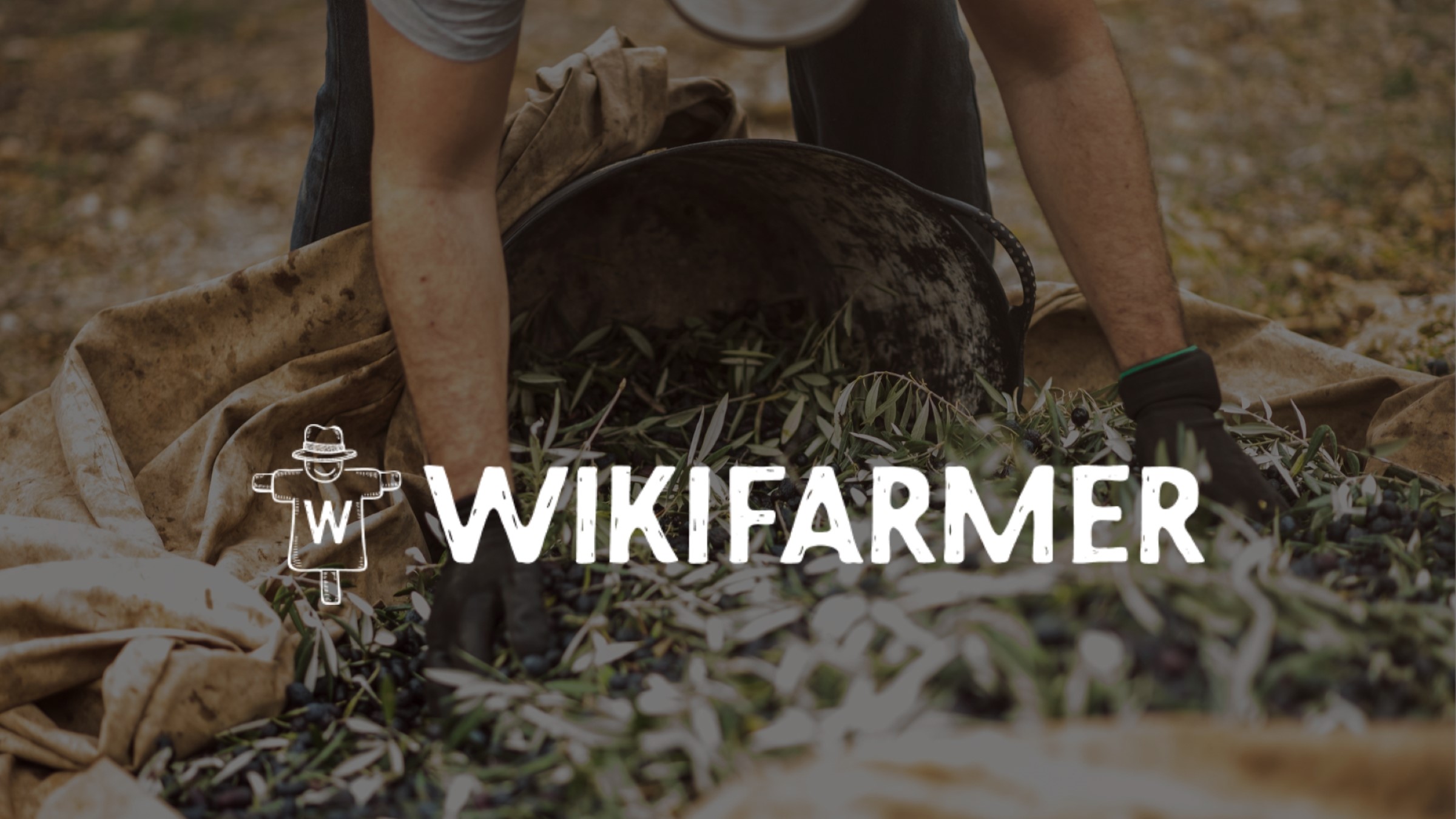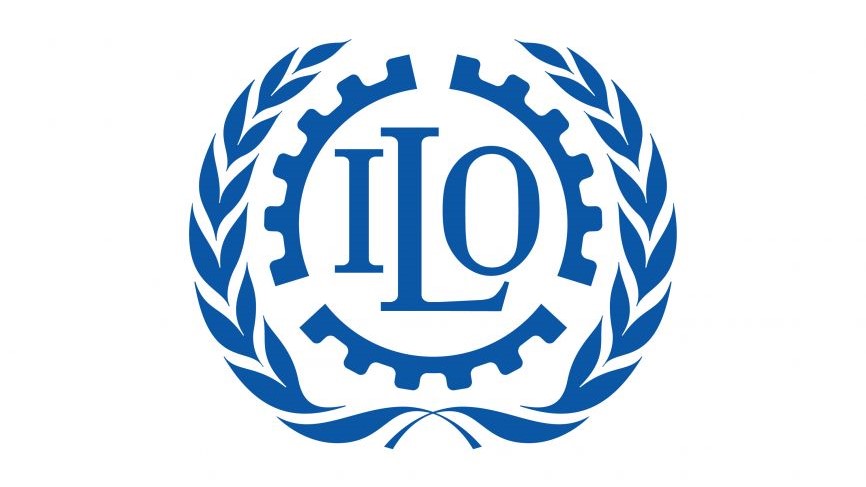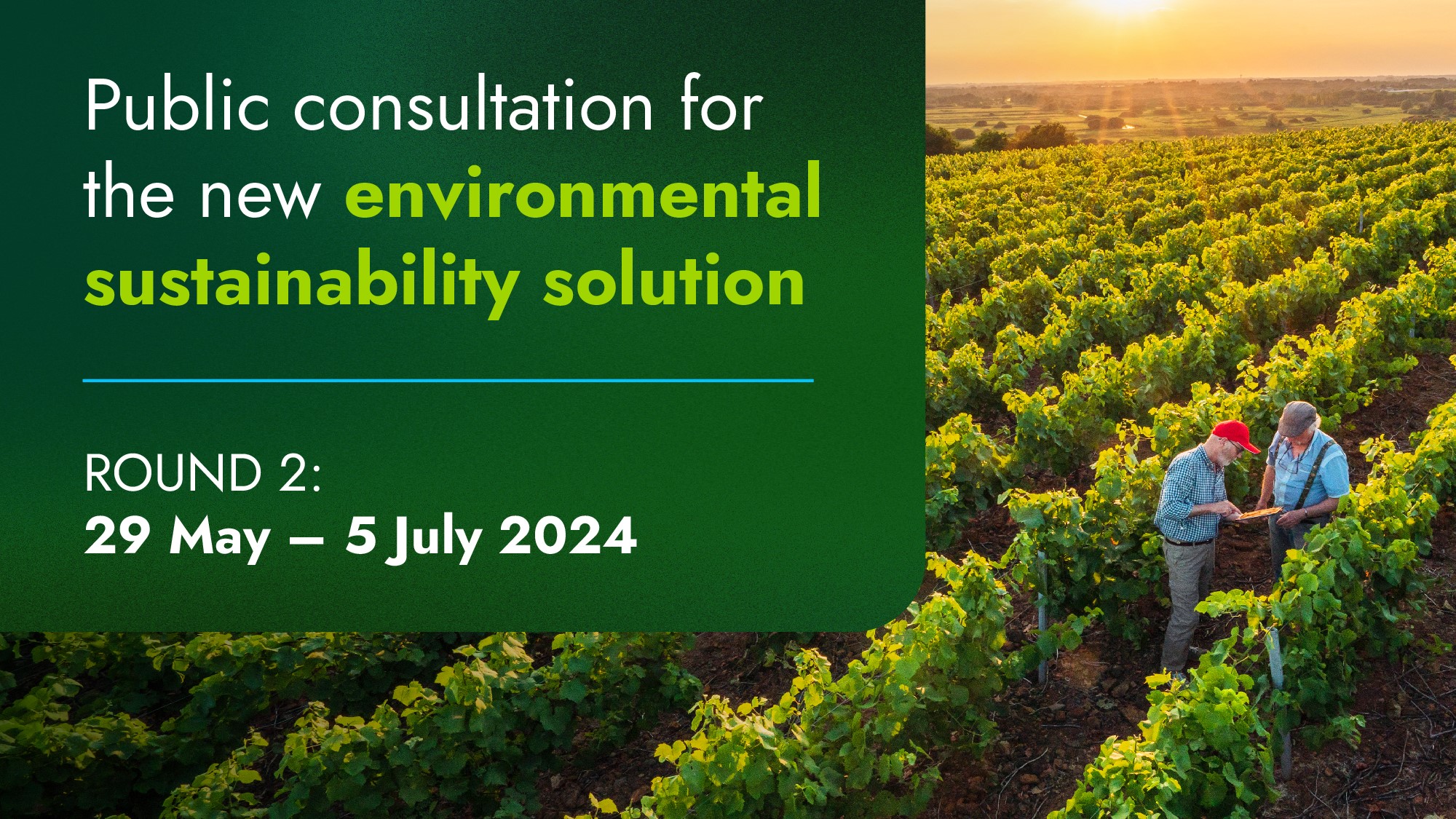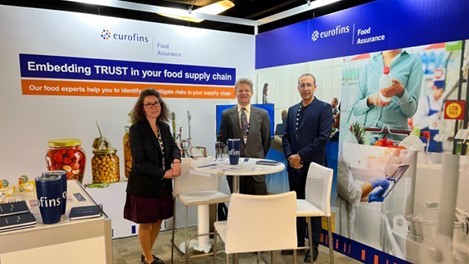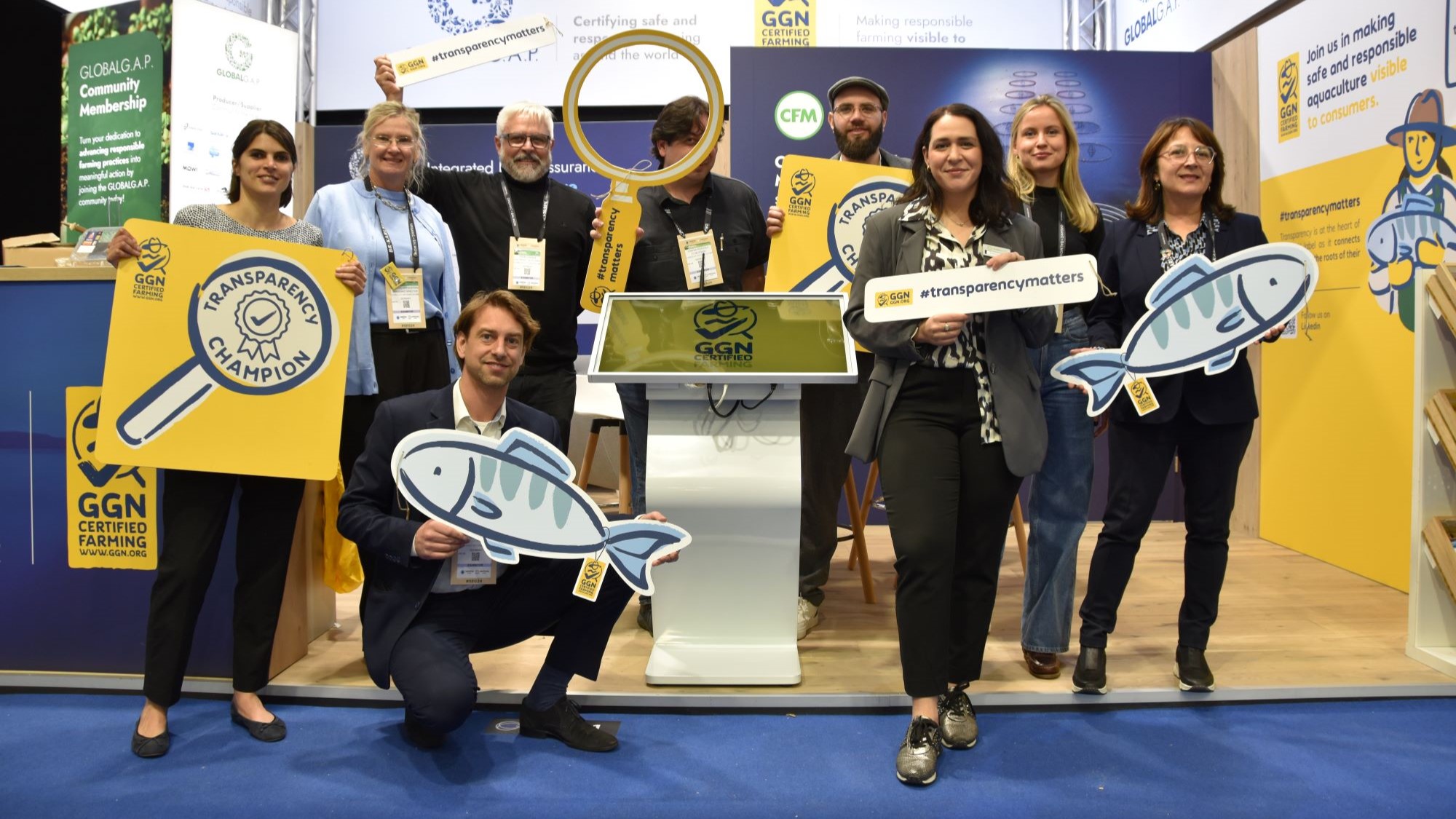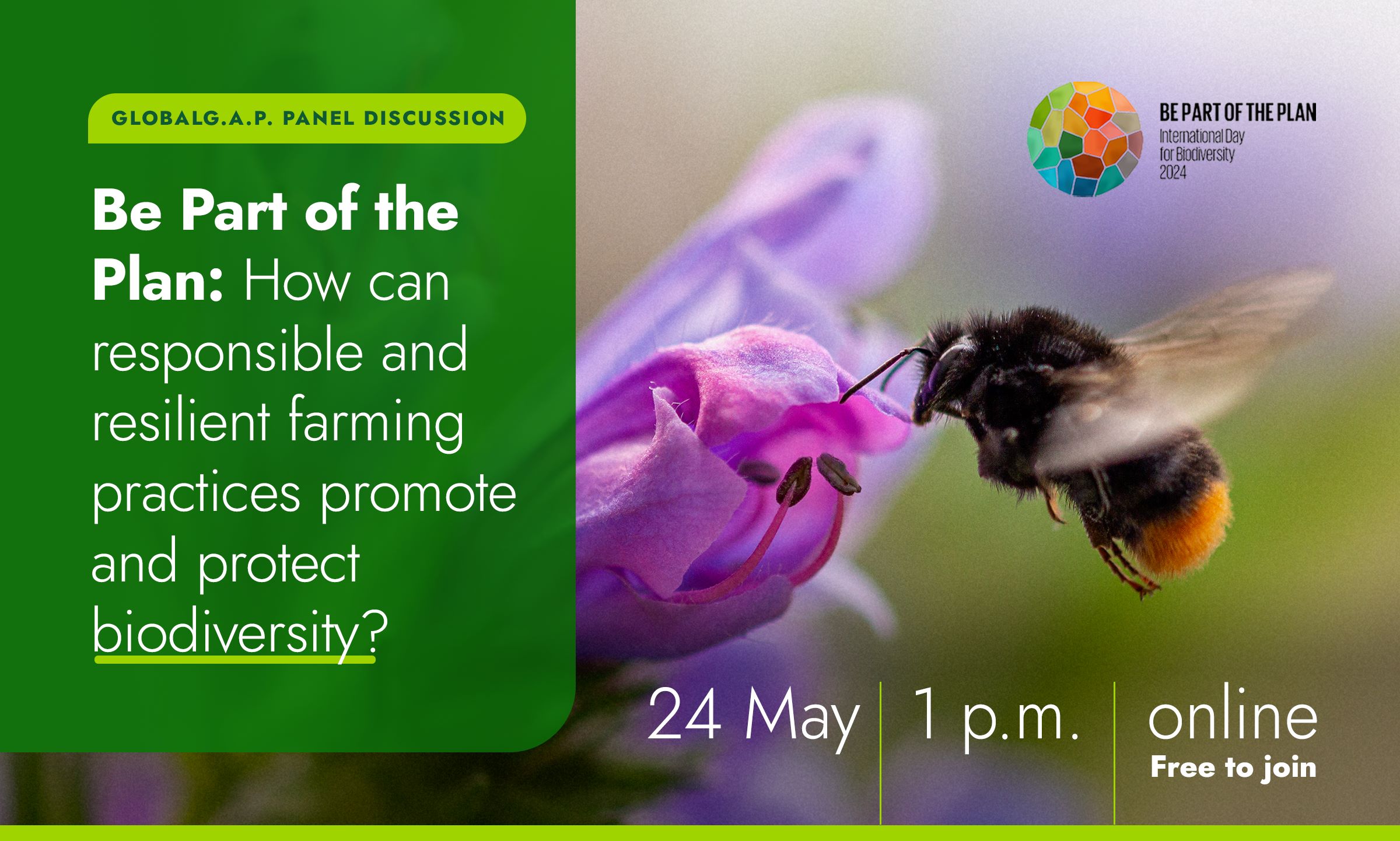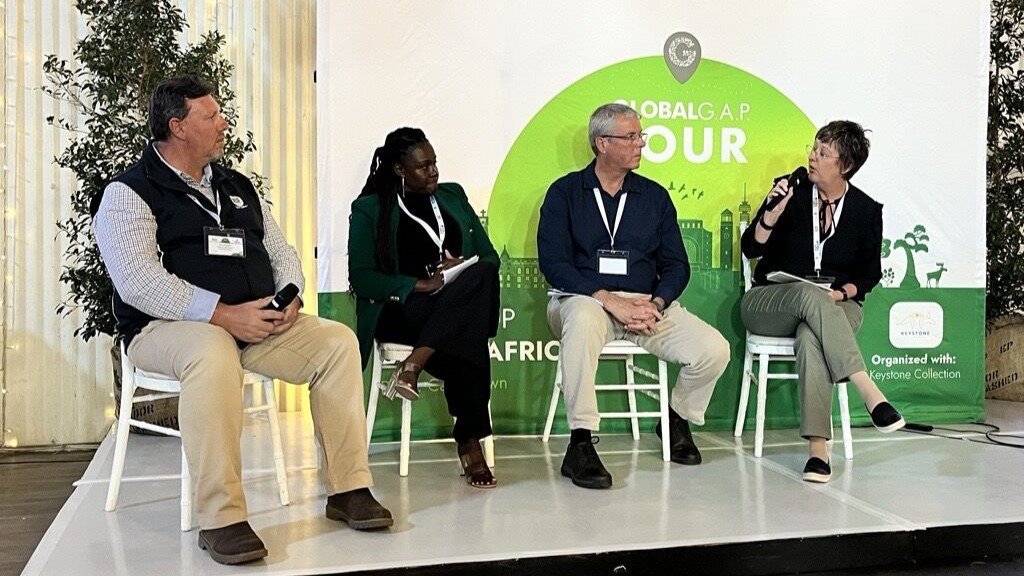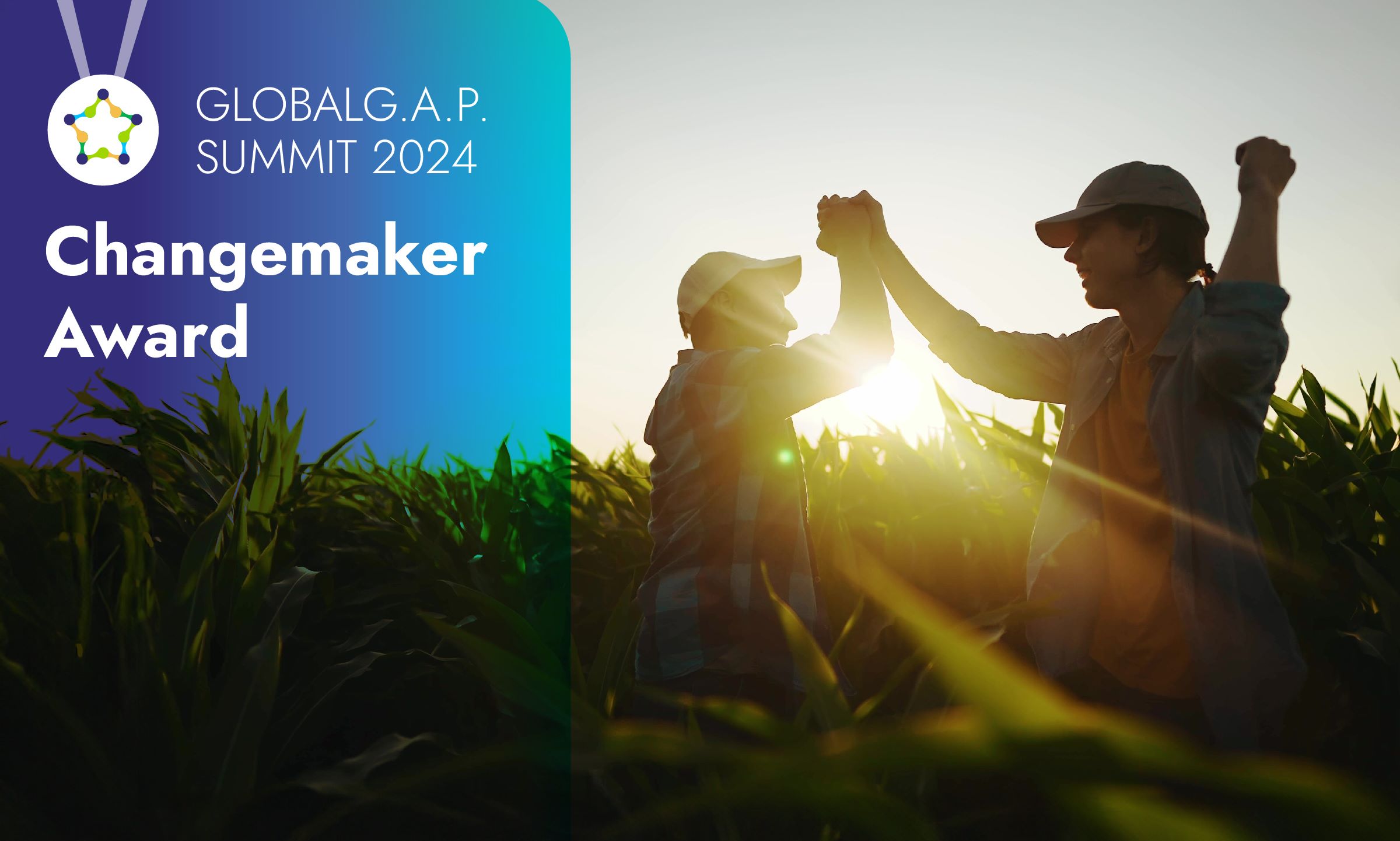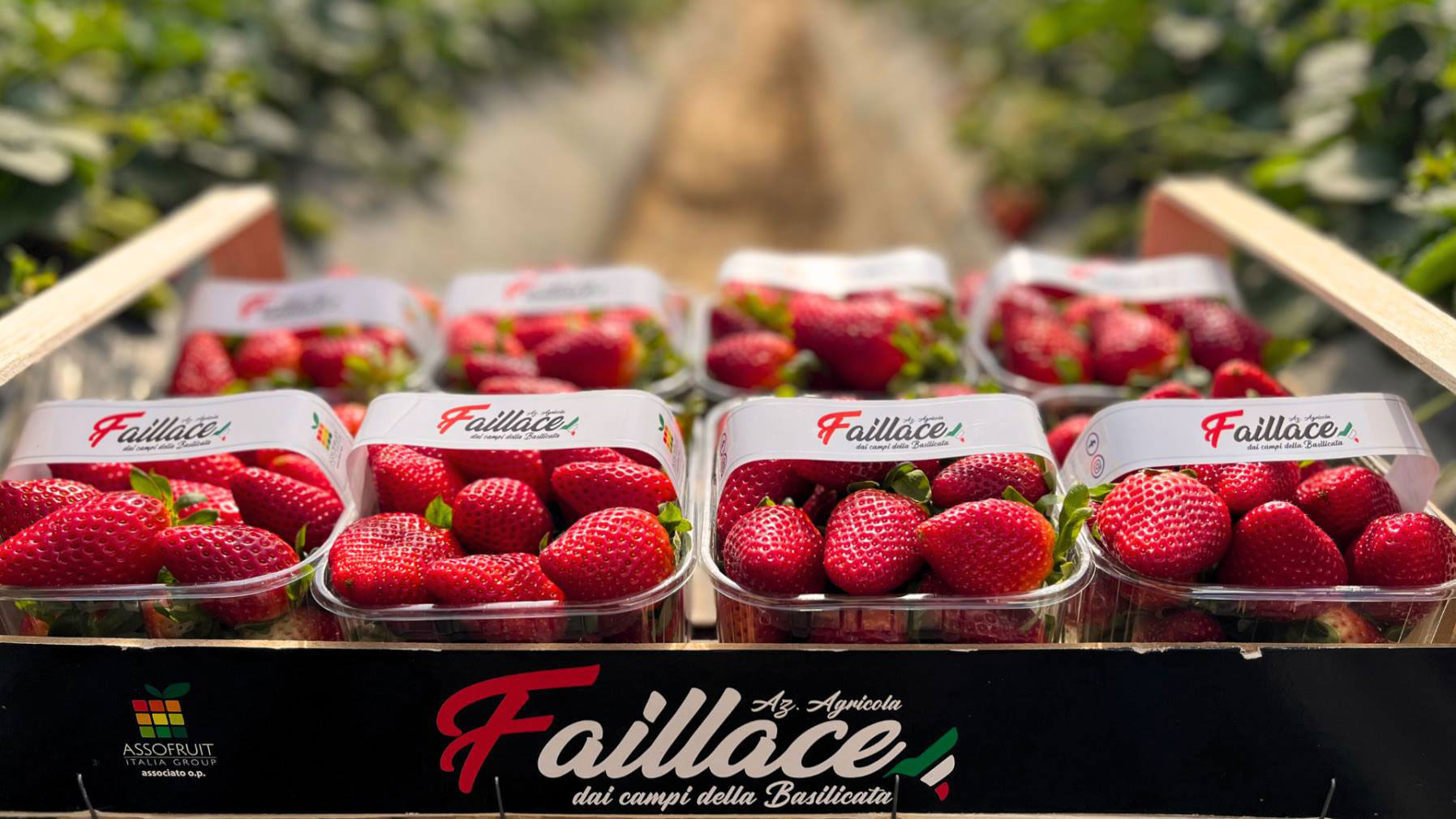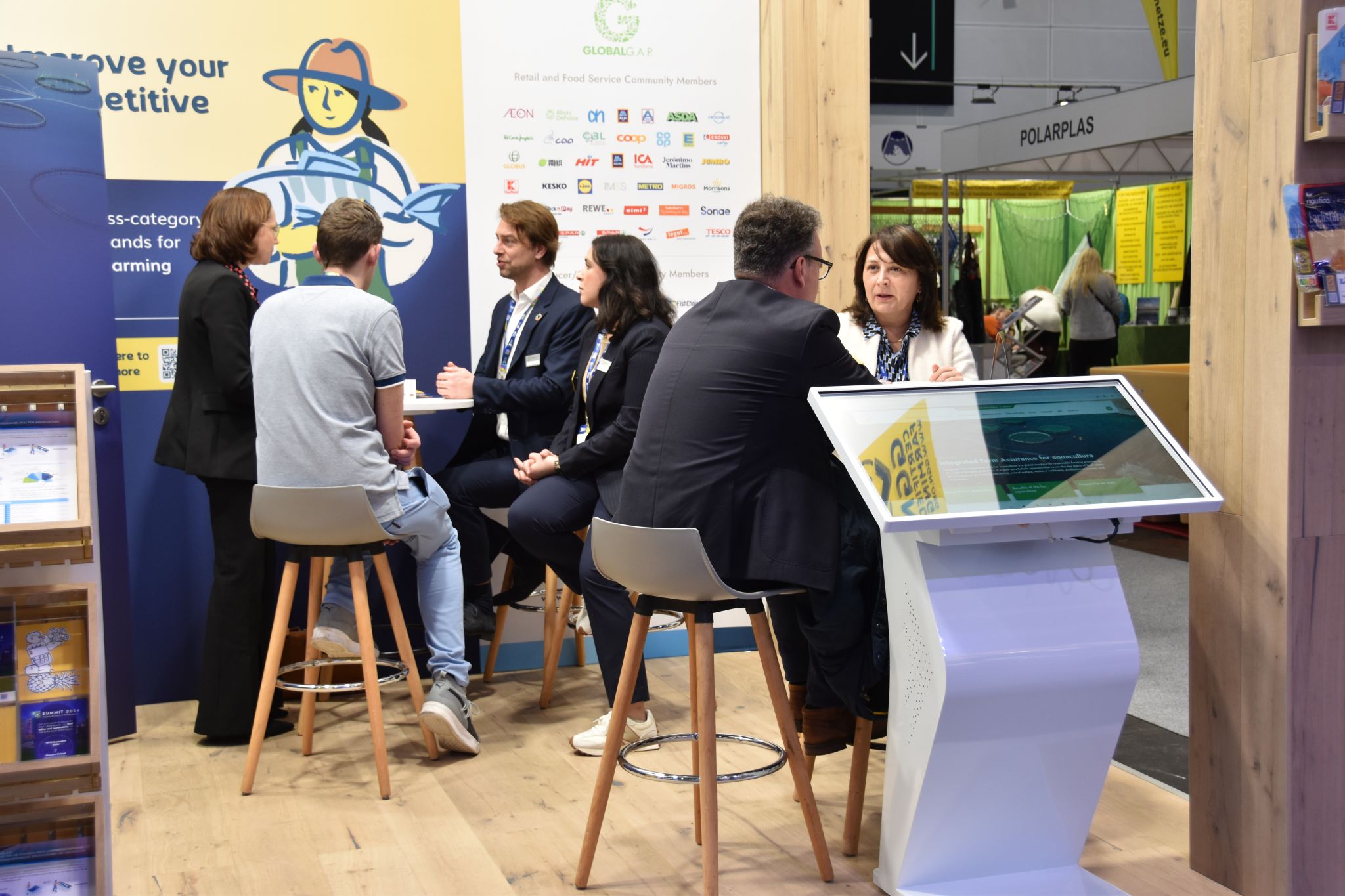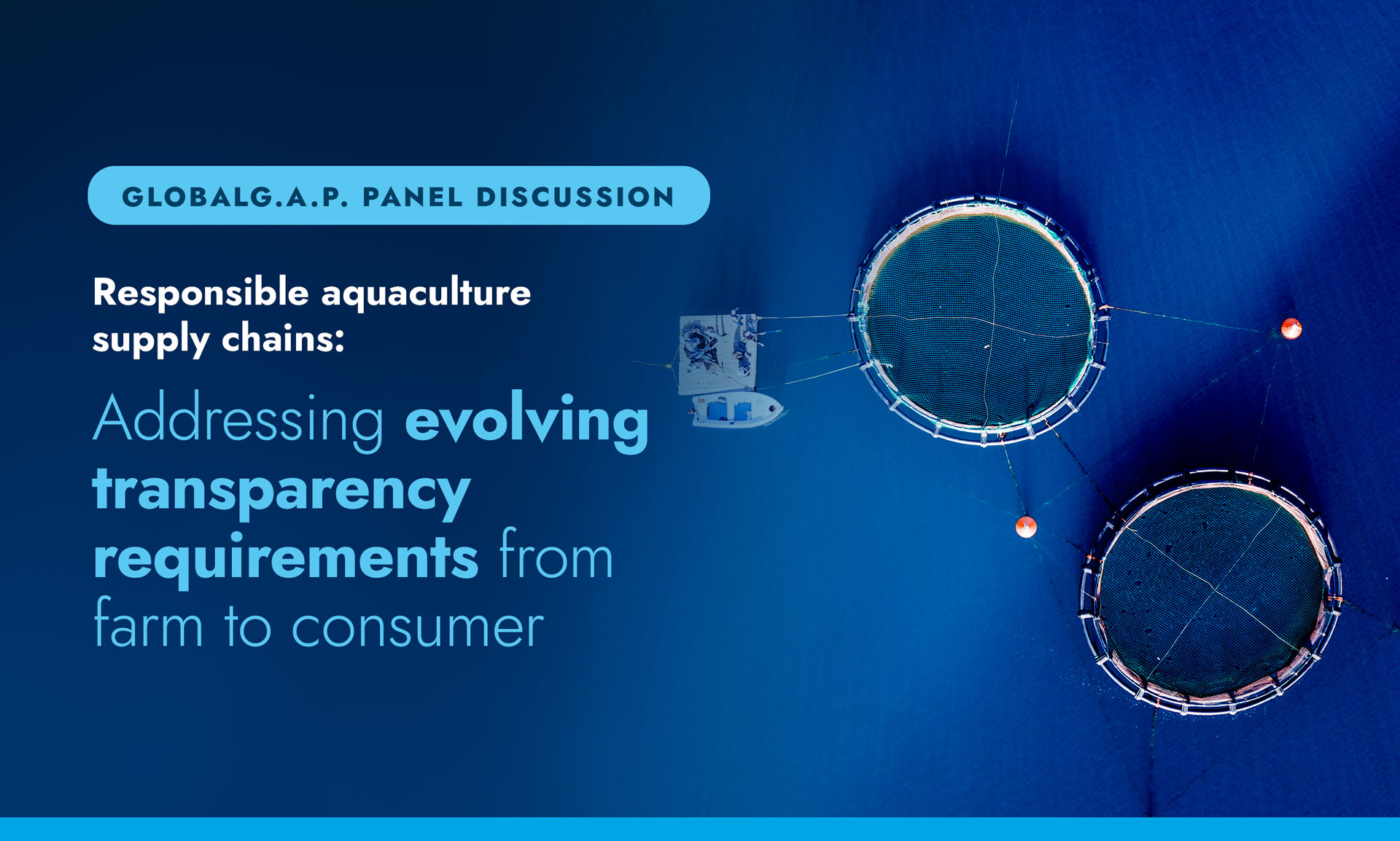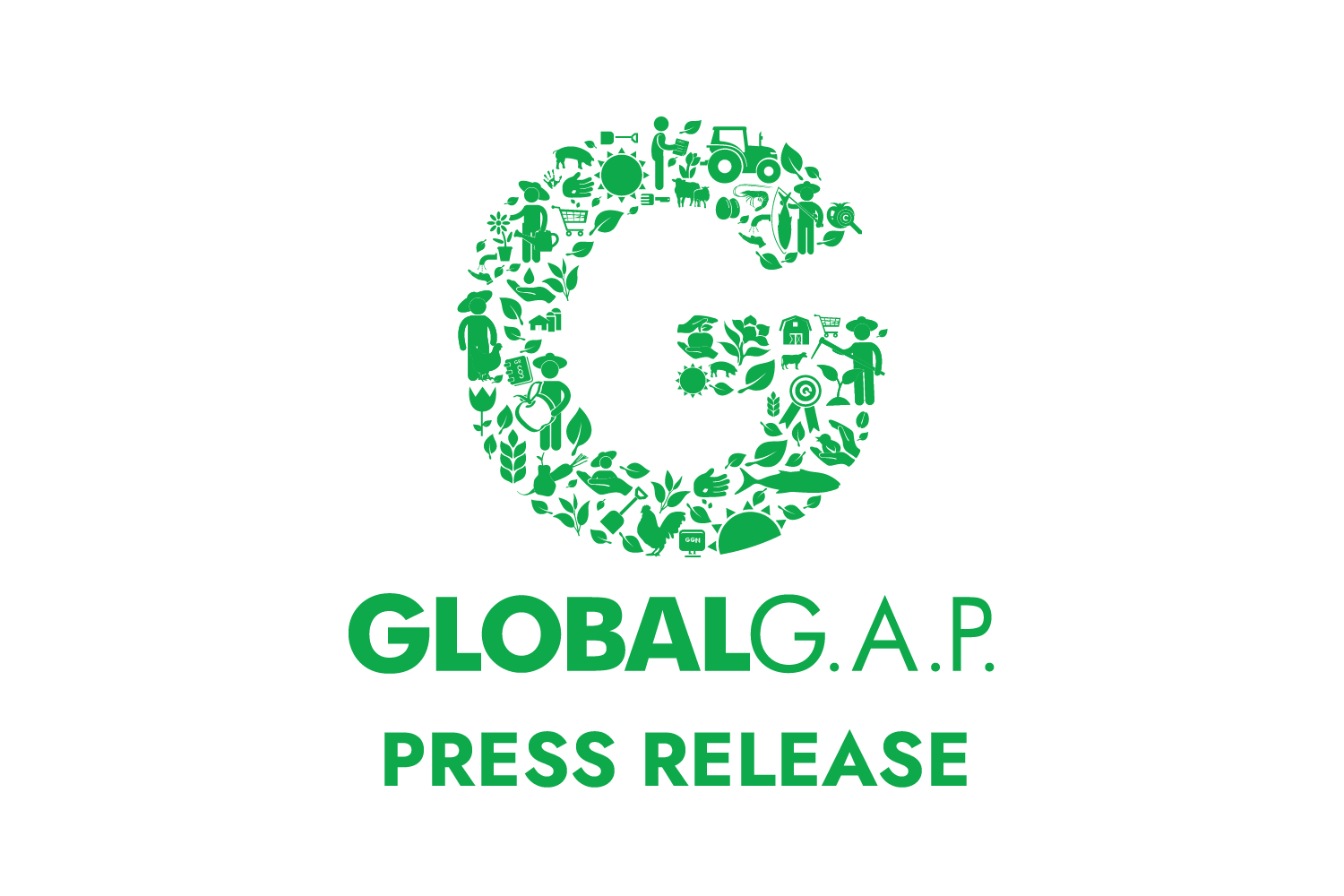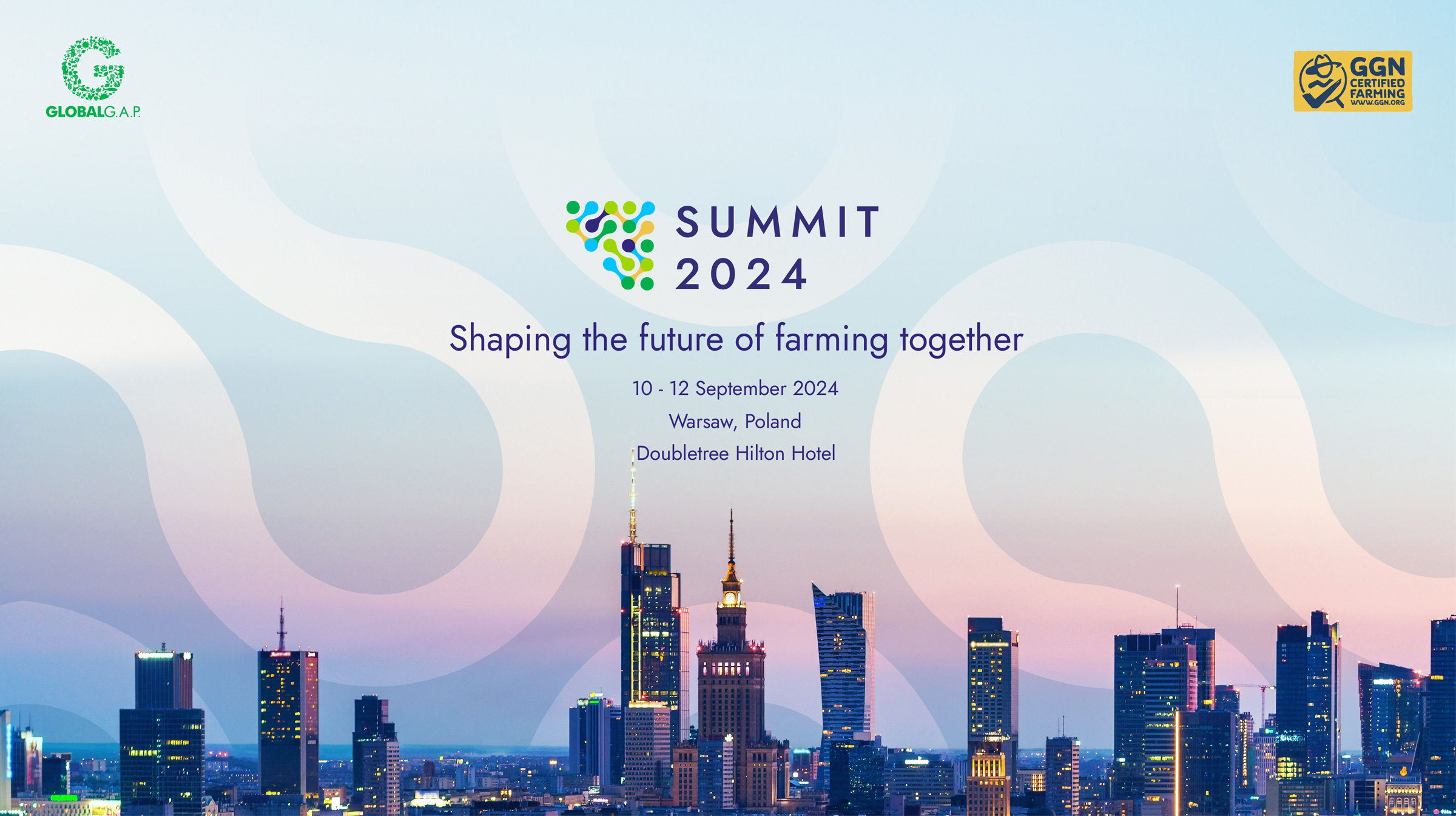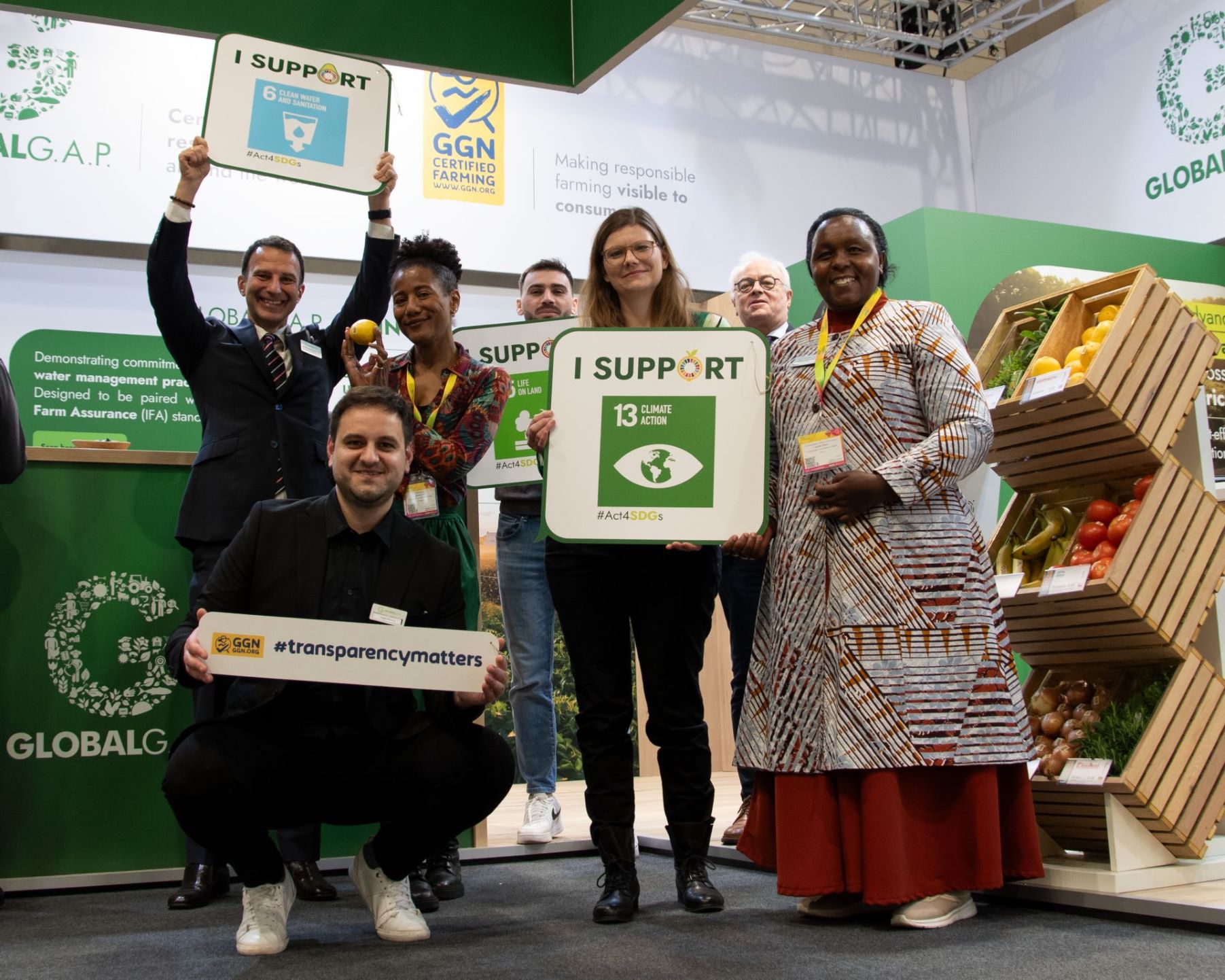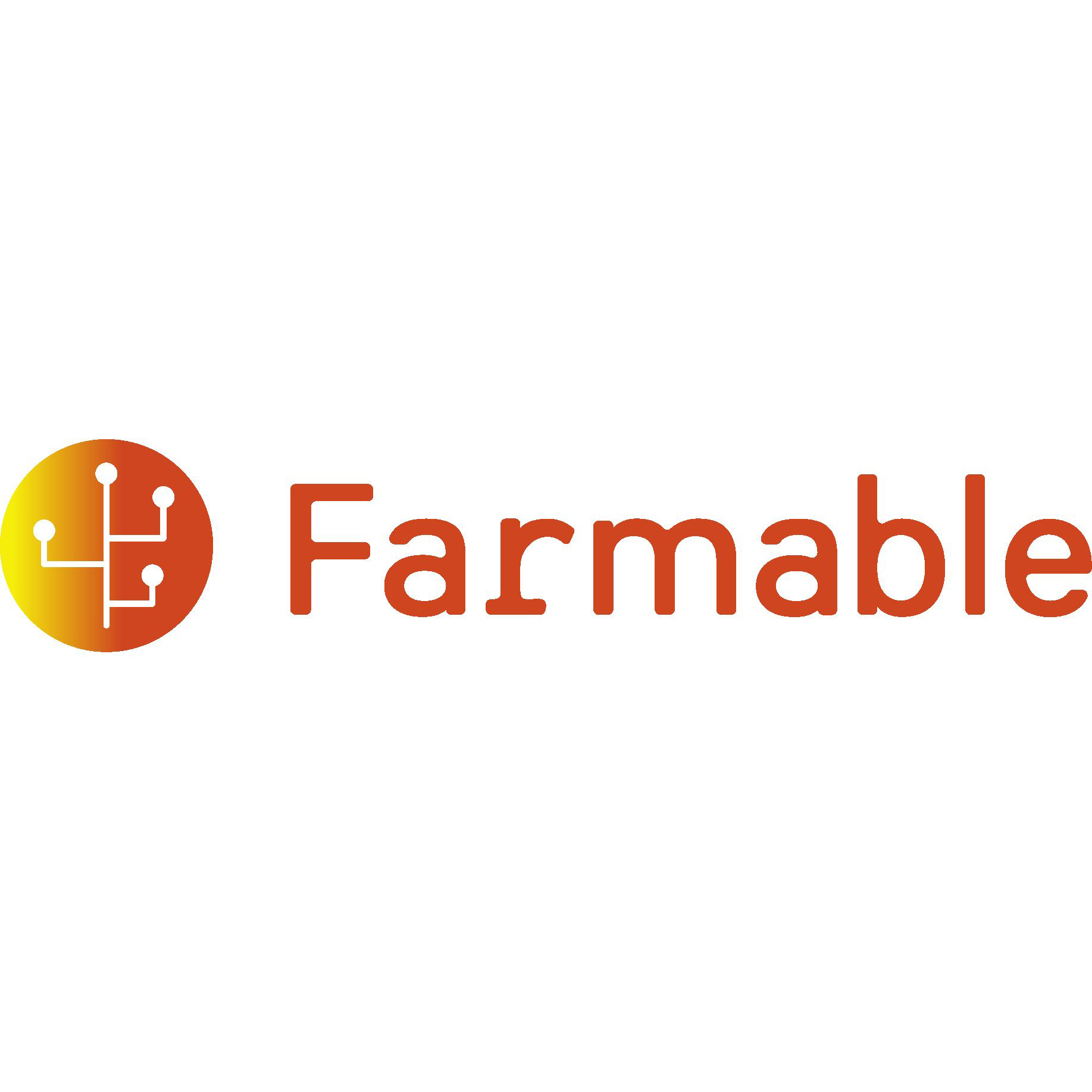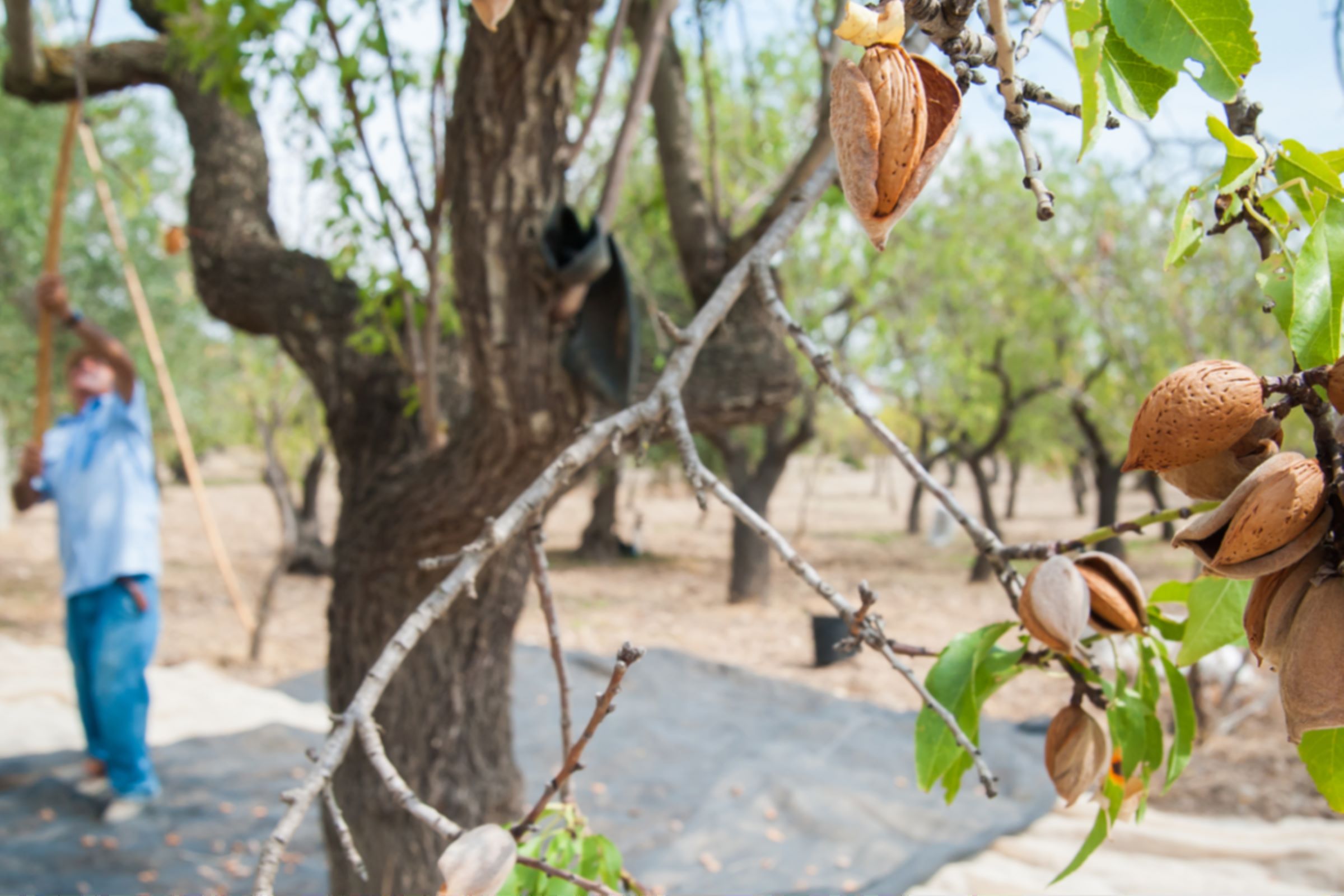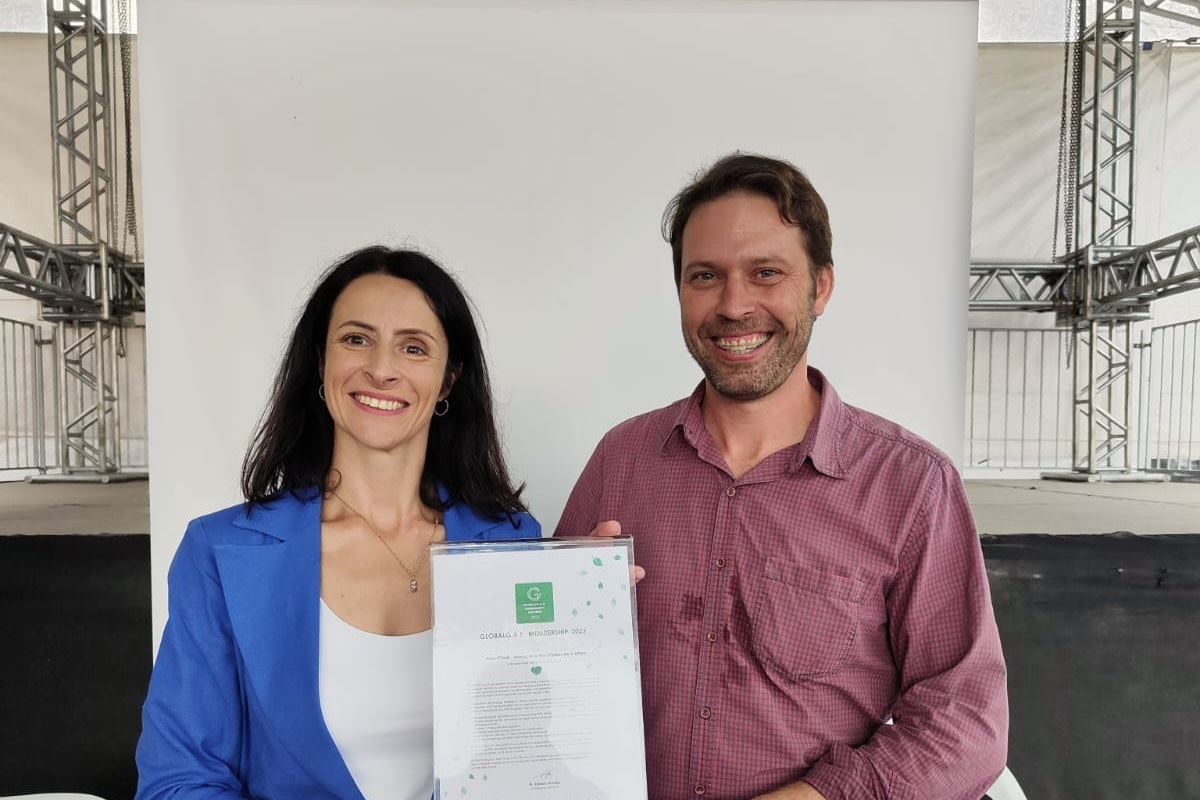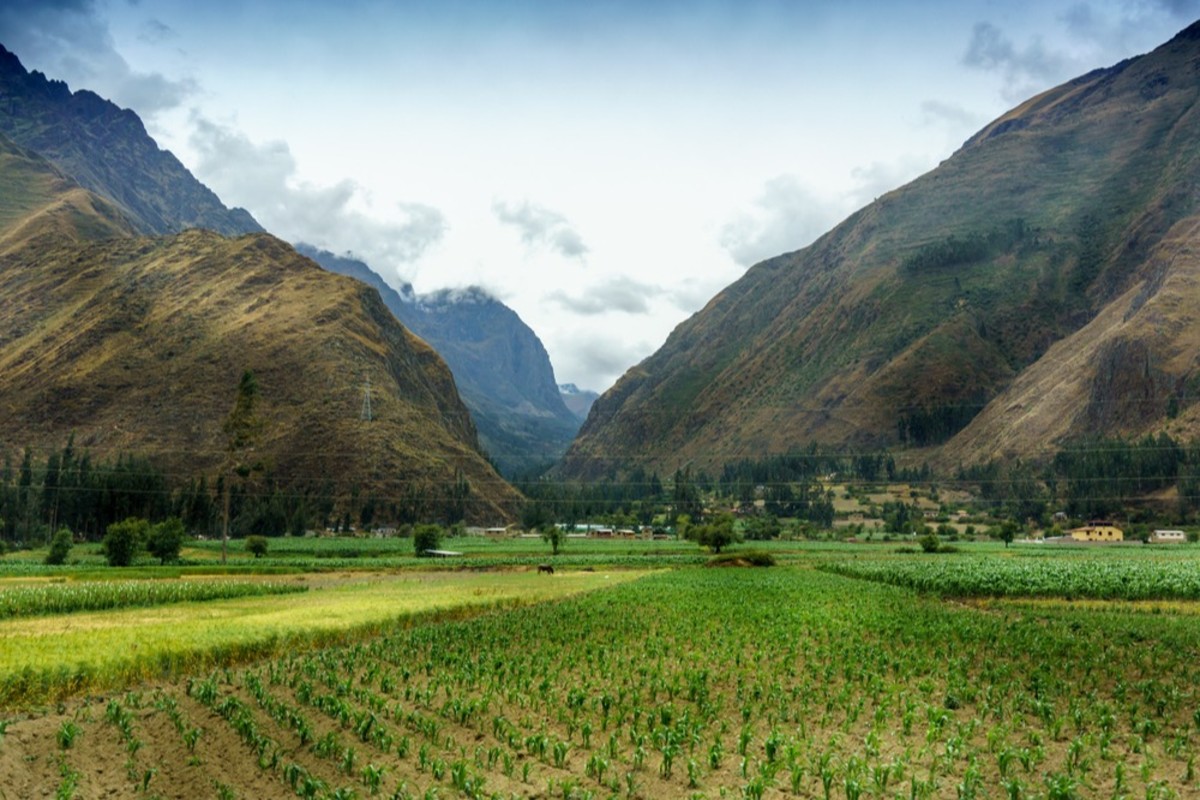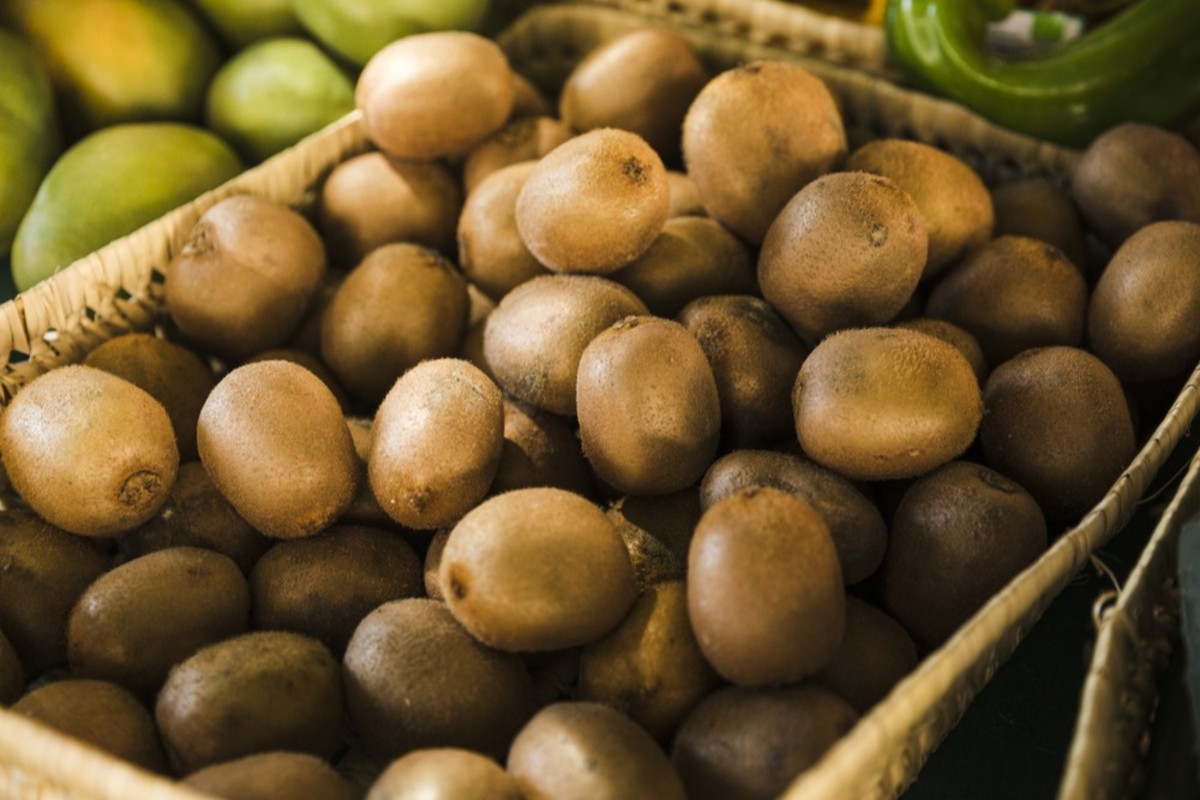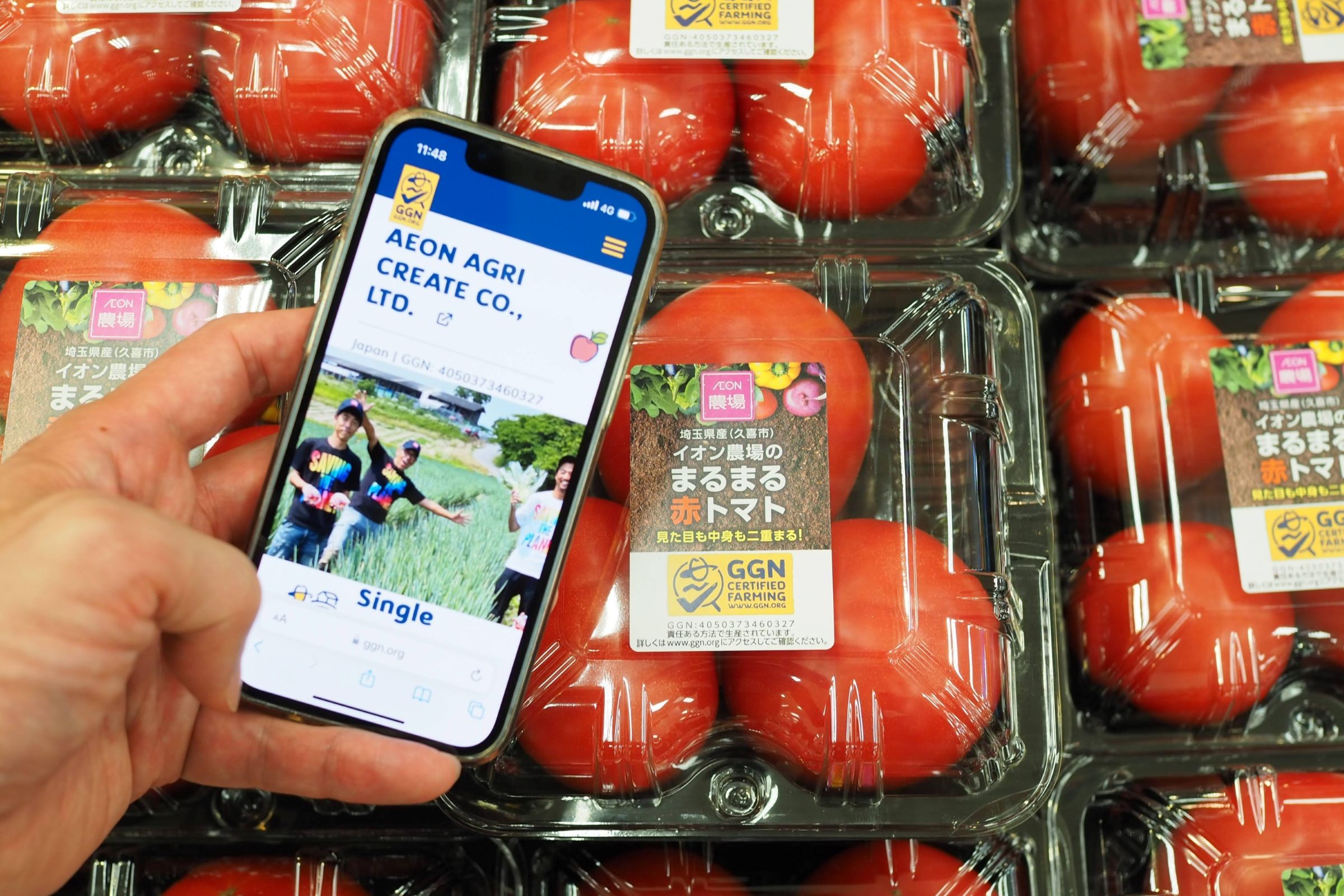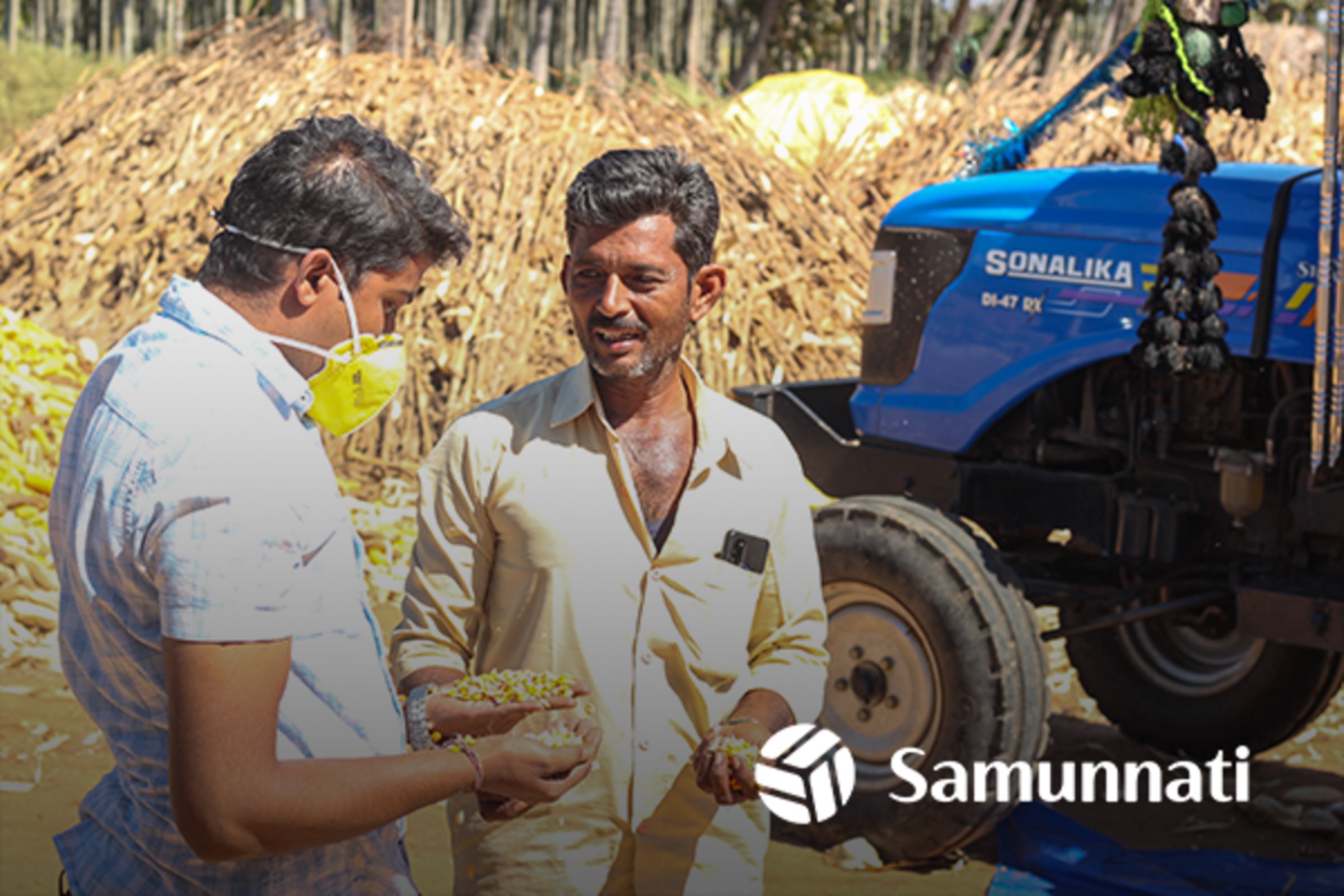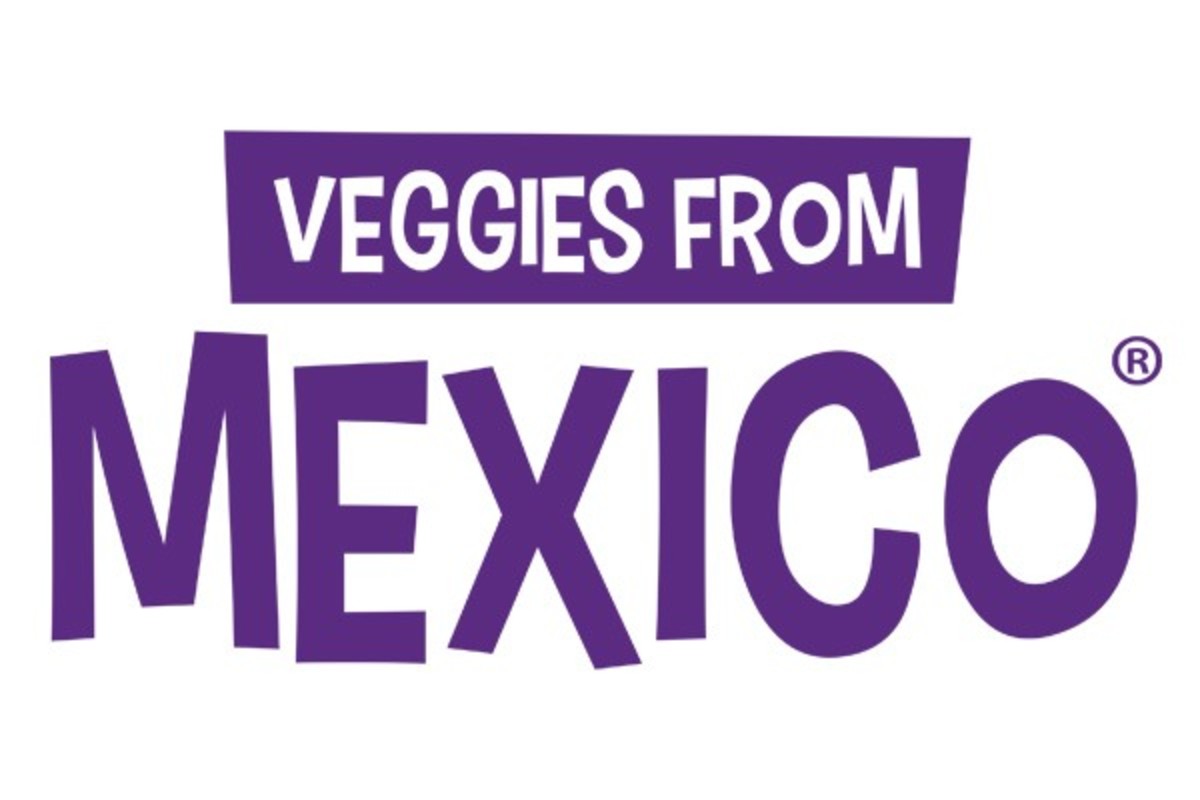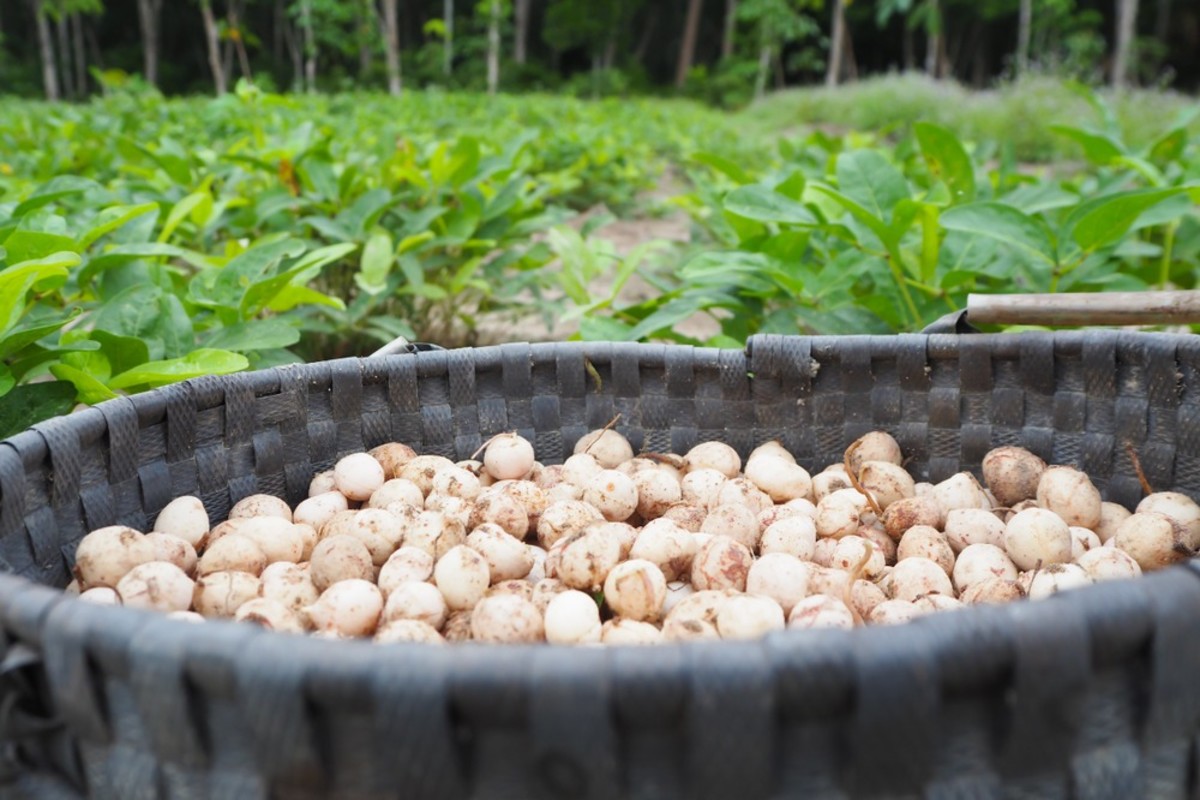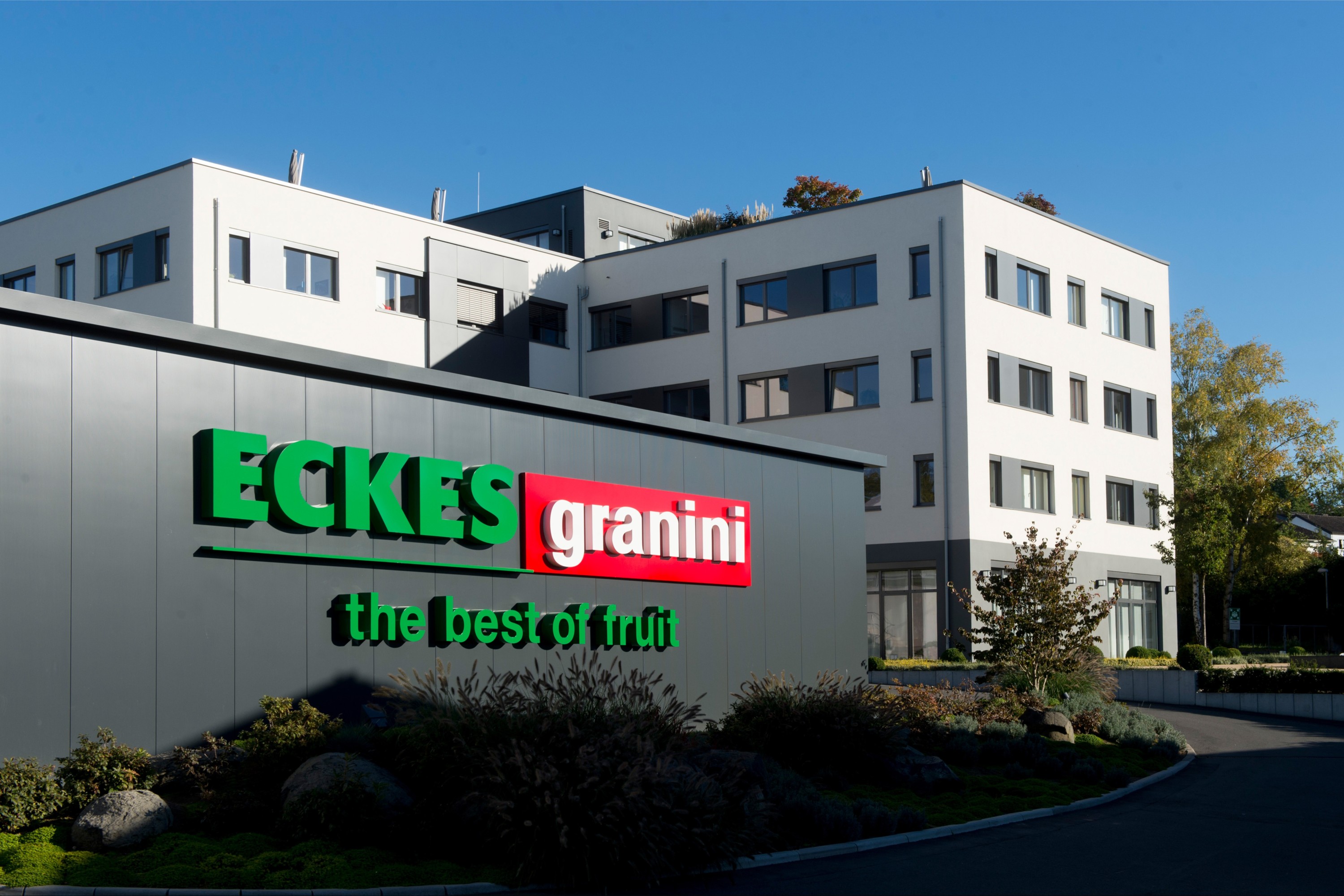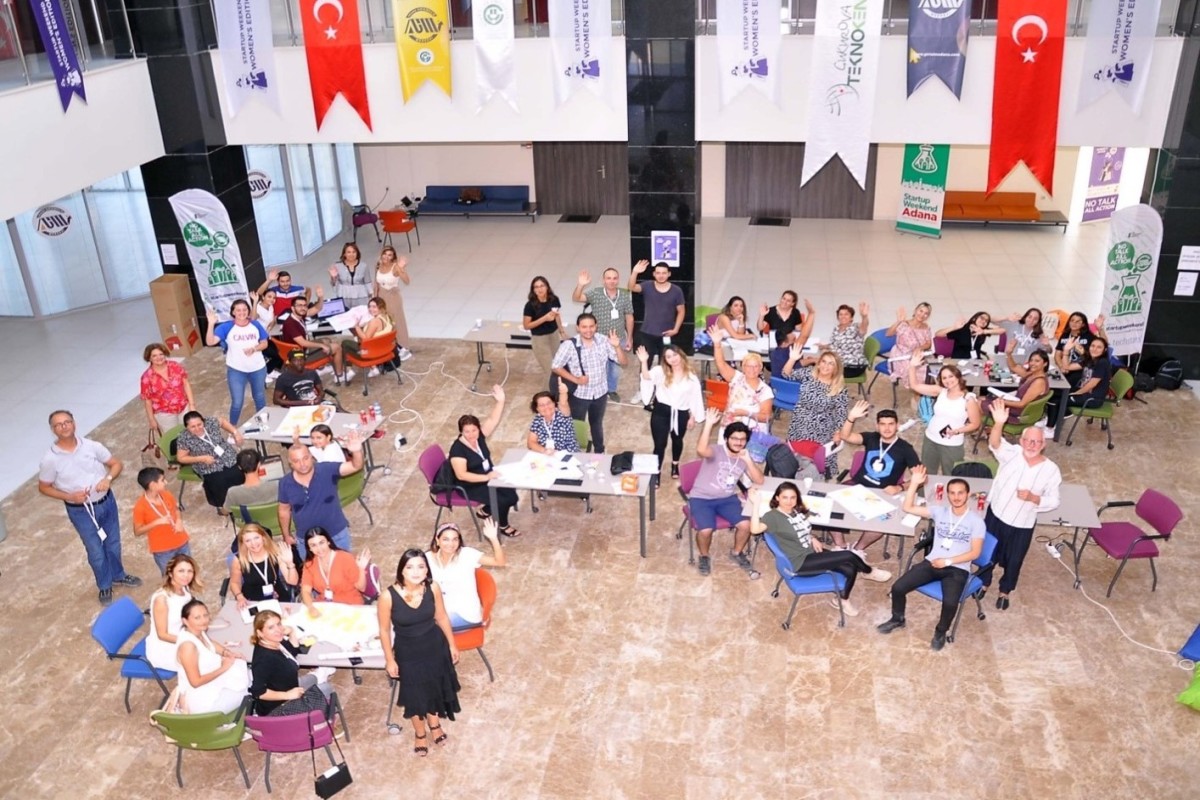
Capacity building
GLOBALG.A.P. TOUR
GLOBALG.A.P. TOUR stops are collaborative events for the promotion of safer and more sustainable farming practices around the world. They provide a valuable platform for participants to learn about the benefits of certification, share expertise, expand trade networks, and discuss the latest industry trends and challenges.
Our experts in your region
What are GLOBALG.A.P. TOUR stops?
Every year, we embark on TOUR stops to visit different locations and reinforce our commitment to capacity building in regional markets. Since 2009, our TOUR stops have reached more than 45 countries on six continents, spearheading the local promotion of safe, socially and environmentally responsible farming practices. Organized in partnership with supply chain stakeholders and tailored to a specific country or region, the one- or two-day events offer both on-site and hybrid opportunities. Our approach supports accessibility, enabling a wide range of participants to address targeted topics or challenges with technical experts from the GLOBALG.A.P. Secretariat.
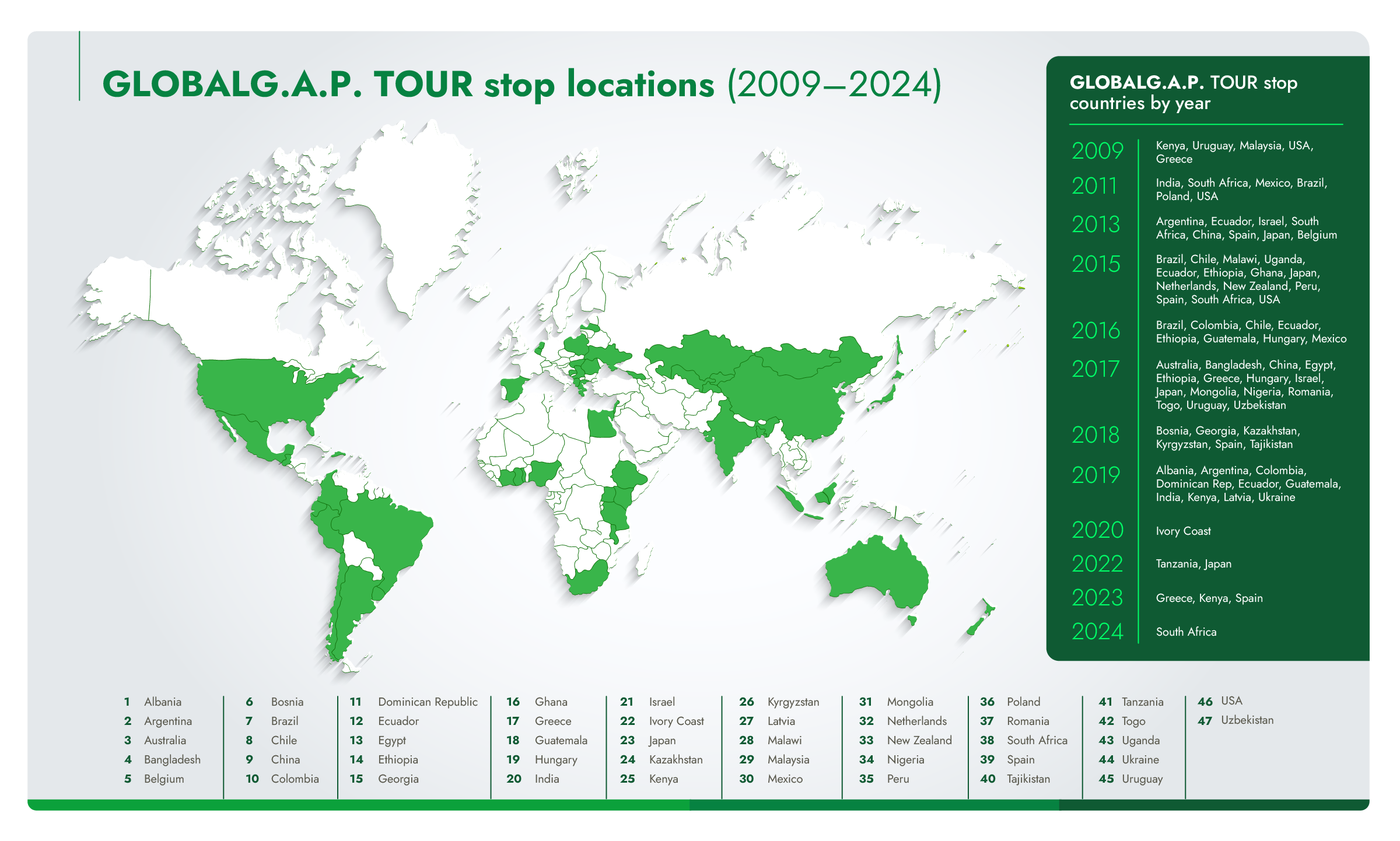
What is on a TOUR stop agenda?
Events are co-created with a local, national, or regional host – often as part of a broader capacity building project – and are based on the shared objectives of the GLOBALG.A.P. Secretariat and the partner organization. While there is no mandatory format for the TOUR stops, the events are designed to be interactive and engaging, and we welcome the opportunity to collaborate on creative approaches. Multiple activities can be combined in one event, helping to build a dynamic environment for knowledge exchange:
A conference with roundtable or panel discussions on key issues featuring experts from the private and public sectors in the region
A consultation meeting to raise awareness, hold Q&A sessions, and address challenges related to standard implementation and certification
A focus day to strengthen networks and provide incentives for producers to upgrade their responsible farming practices
A workshop supporting capacity-building training on a specific topic or GLOBALG.A.P. farm assurance solution
A farm visit to increase understanding of GLOBALG.A.P. farm assurance solutions and how they benefit producers in the field
Presentations and keynote speakers can include GLOBALG.A.P. technical experts as well as industry leaders and government representatives from the respective country or region.
Learn more about who can become a TOUR stop partner.
Who attends the TOUR stops?
Producers,
producer cooperatives, agribusiness and export associations
National and international
retailers and buyer representatives
Governmental institutions,
NGOs, and development aid organizations
GLOBALG.A.P.
national technical working groups
Registered Trainers,
farm consultants, and consulting companies
Auditors,
inspectors, and certification, verification, and accreditation bodies
Producers,
producer cooperatives, agribusiness and export associations
GLOBALG.A.P.
national technical working groups
National and international
retailers and buyer representatives
Registered Trainers,
farm consultants, and consulting companies
Governmental institutions,
NGOs, and development aid organizations
Auditors,
inspectors, and certification, verification, and accreditation bodies
How do we promote TOUR stops?
The promotion of TOUR stops usually begins three months ahead of the event date and includes:
TOUR stop event pages on the GLOBALG.A.P. website
Regular posts announcing and advertising TOUR stops on our social media channels
Promotions and reports on TOUR stops in the monthly Spotlights newsletter
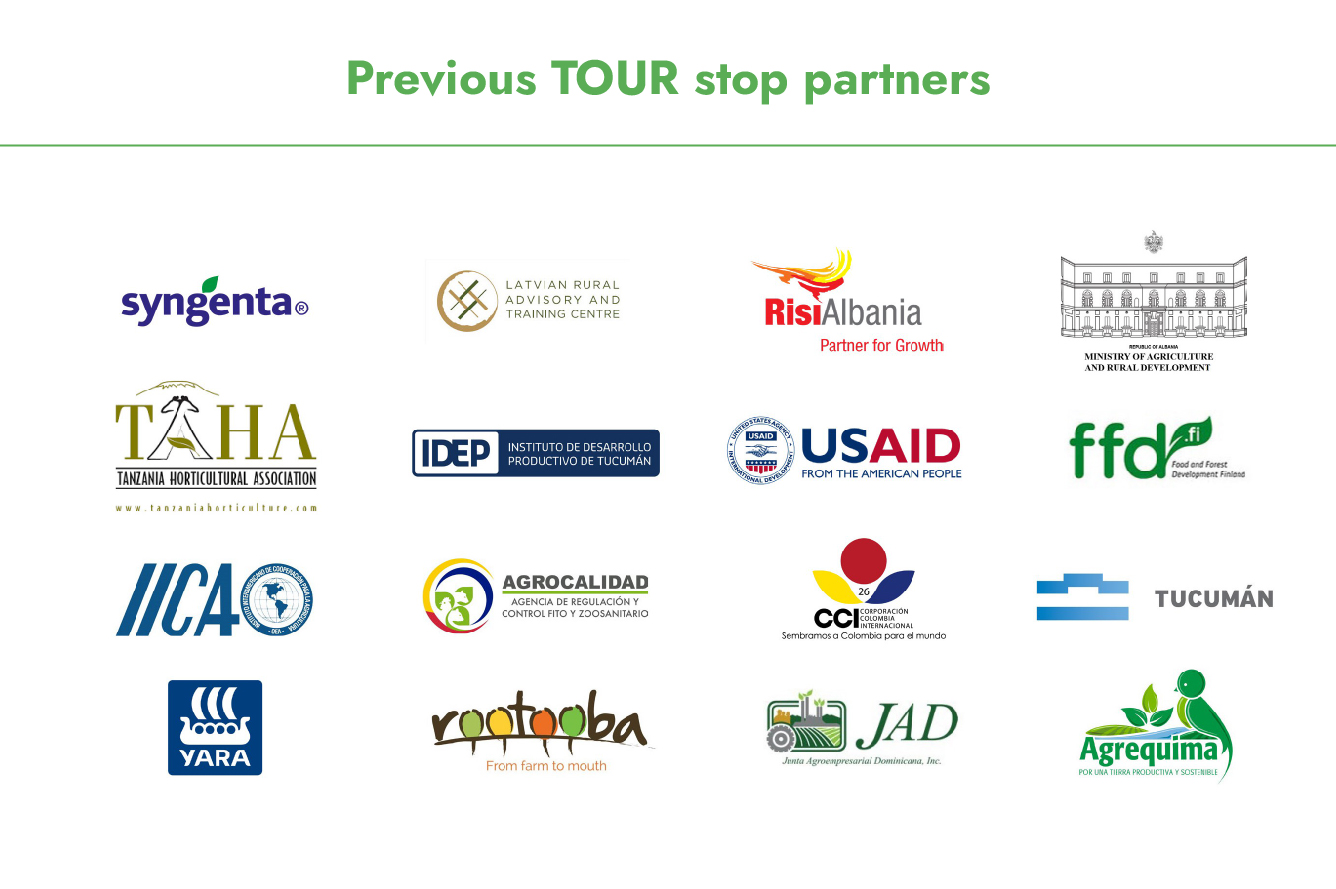
Upcoming events
12 Jul - 15 Jul
2025
Cultivate’25
Location: Colombus, Ohio
Event type: Trade fair
Event format: On-site
17 Jul
2025
GLOBALG.A.P. webinar – Primary Farm Assurance: Building the path to responsible agriculture
Location: Online – Teams
Event type: Webinar
Event format: Virtual
Join the global movement for safer and more sustainable farming
Why host a GLOBALG.A.P TOUR stop?
Spanning a range of topics from on-farm operations and management to market access and consumer demands, the events help to effectively promote responsible farming in a regional context. For attendees, TOUR stops offer an excellent opportunity to learn firsthand from our experts and other key industry players in your own environment.
What are the benefits of hosting a TOUR stop?
Strengthen your brand and reinforce your commitment to the global movement for safer and more sustainable farming.
Showcase innovative solutions together with our experts and regional industry leaders.
Increase your visibility, expand your networks, and learn how GLOBALG.A.P. certification can help you access the world’s markets.
Gain insights into the latest national and international trends, challenges, and demands across your sector.
Explore capacity-building measures that can help stakeholders in your region take their operations to the next level.
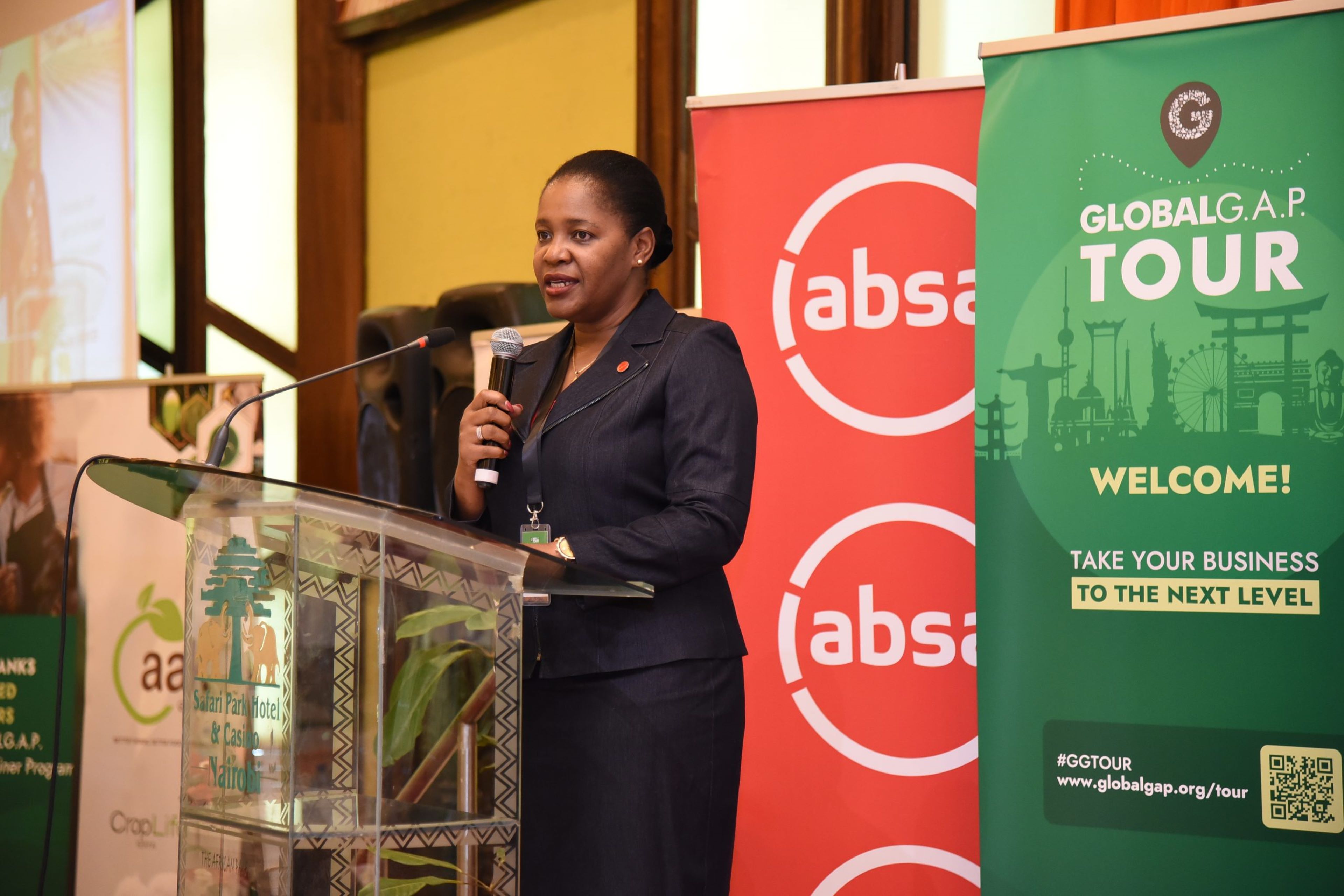
Why partner with us?
The GLOBALG.A.P. Secretariat is an experienced TOUR stop partner that has been involved in events in over 45 countries since 2009.
Most widely implemented farm assurance solutions in the world
Most widely accepted certification by retailers globally
Almost 200,000 producers under certification in over 130 countries
A trusted partner in global projects with a proven track record
Read about GLOBALG.A.P. and explore our impact areas to understand how you can make the most out of a collaboration with us.
Who can become a TOUR stop partner?
GLOBALG.A.P. Community Members
Development aid organizations (including our capacity building project partners)
Trade associations
If you are interested in partnering on an event but are not a member of the groups listed above, please contact us to discuss the options for collaboration.
What are the responsibilities of a TOUR stop partner?
Agreement with the GLOBALG.A.P. Events team on a timeline of deliverables in the lead up to the event – including a commitment to secure a minimum of 50 attendees
Creation of a suitable agenda in collaboration with experts from the GLOBALG.A.P. Secretariat, including the identification and invitation of relevant speakers
Completion of the event description and confirmation mailing which will be used as the basis for the registration form on the GLOBALG.A.P. website
Definition of a key contact within the partner organization and the timely signing of the TOUR stop contract – with a commitment to the outlined requirements
Ability to participate in regular meetings as agreed with the GLOBALG.A.P. Events team, enabling transparency in all key activities relating to event realization
Development of promotional materials and harnessing of local networks to raise awareness of the event for relevant stakeholders in the target country/region
Establishment of an appropriate budget to cover all the costs associated with the event, securing sponsors where required
Identification of a venue and organization of a farm visit if specified in the agreed agenda
Provision of on-site requirements, from audio-visual equipment and simultaneous translation to the hiring of a photographer to chronicle the event
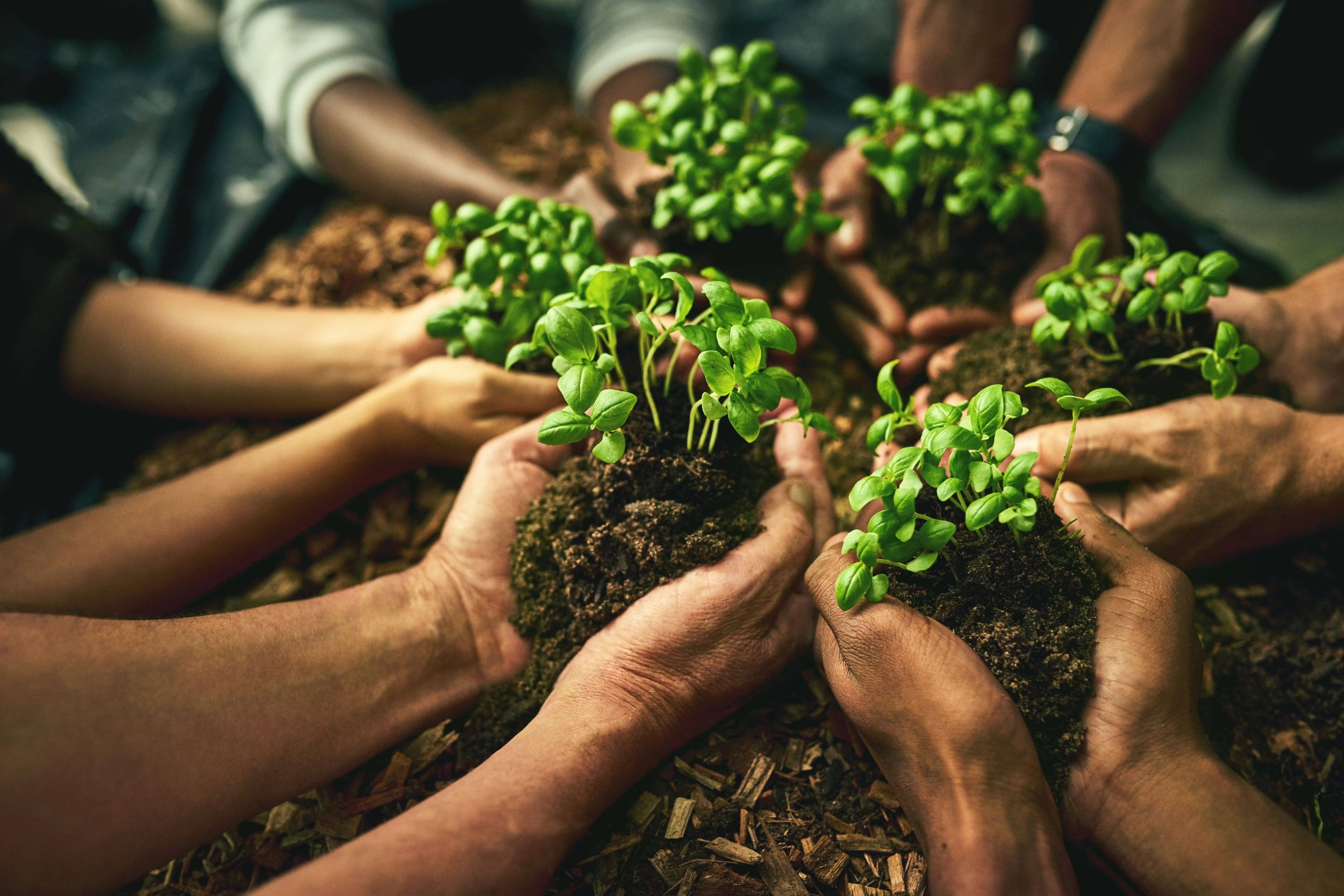
GLOBALG.A.P. Community Membership
Expand your networks by connecting with one of the largest community membership programs in the industry – now counting over 430 member organizations globally!
GLOBALG.A.P. on the ground
Past GLOBALG.A.P. TOUR stops
Following the success of the first GLOBALG.A.P. TOUR stops in 2009, 2011, and 2013, the GLOBALG.A.P. Secretariat made the events an annual fixture in the capacity building calendar from 2015. Since then, TOUR stops have reached stakeholders on six continents – successfully connecting local producers and government bodies with international retailers and supply chain members to advance our vision of safer and more sustainable farming worldwide.
History of GLOBALG.A.P. TOUR stops
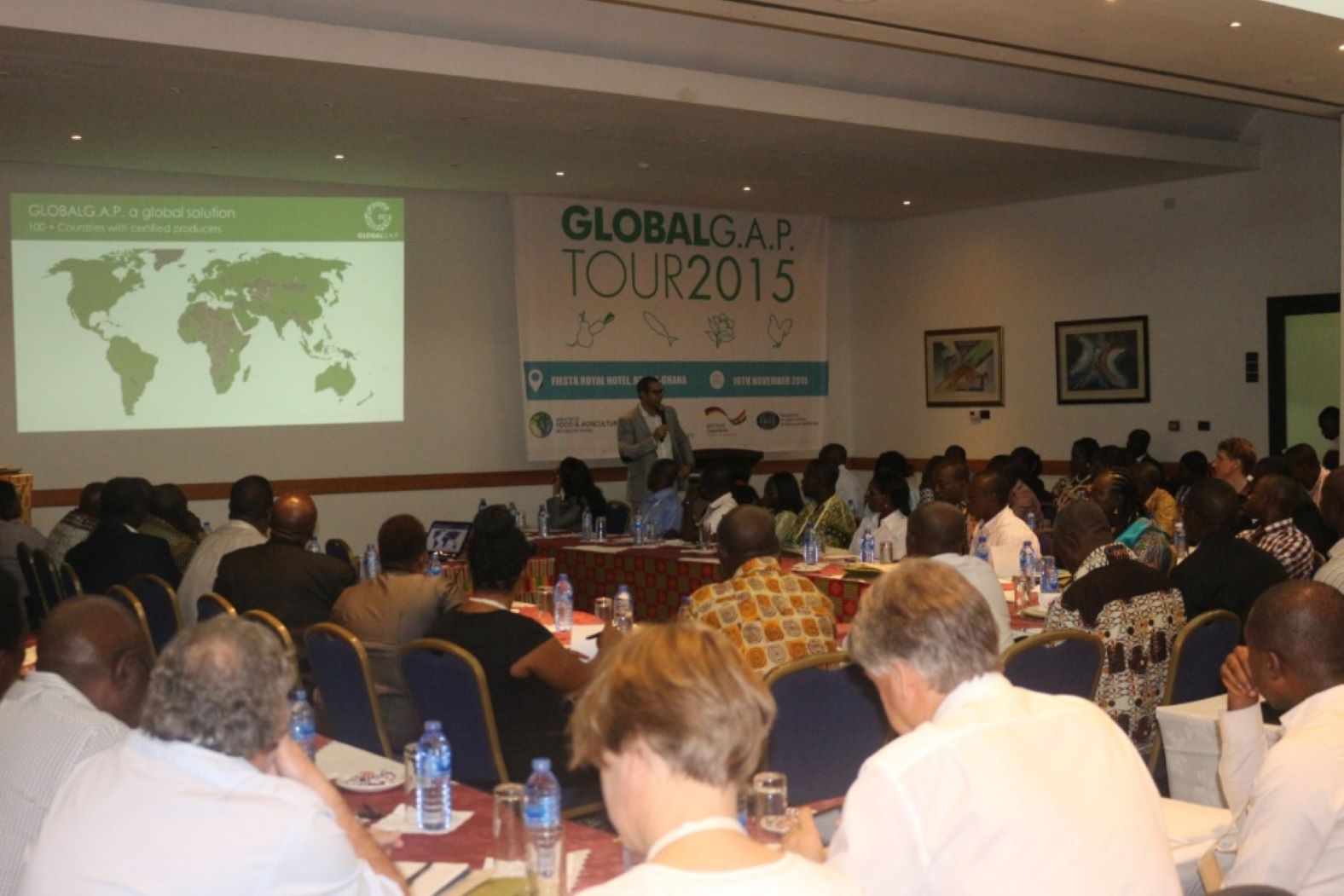
TOUR stops in 2015 reached more than 1,600 delegates in 14 countries.
Brazil (Fortaleza)
Chile (Puerto Varas)
Ecuador (Guayaquil)
Ethiopia (Addis Ababa)
Ghana (Accra)
Japan (Tokyo)
Malawi (Lilogwe)
Netherlands (Geldermalsen)
New Zealand (Rotorua)
Peru (Lima)
Spain (Almeria)
South Africa (Cape Town)
Uganda (Entebbe)
United States (Chicago)

TOUR stops in 2016 reached more than 500 delegates in eight countries.
Brazil (São Paulo)
Colombia (Armenia)
Chile (Santiago)
Ecuador (Guayaquil)
Ethiopia (Bahir Dar/Mekelle)
Guatemala (Guatemala City)
Hungary (Budapest)
Mexico (Guadalajara)
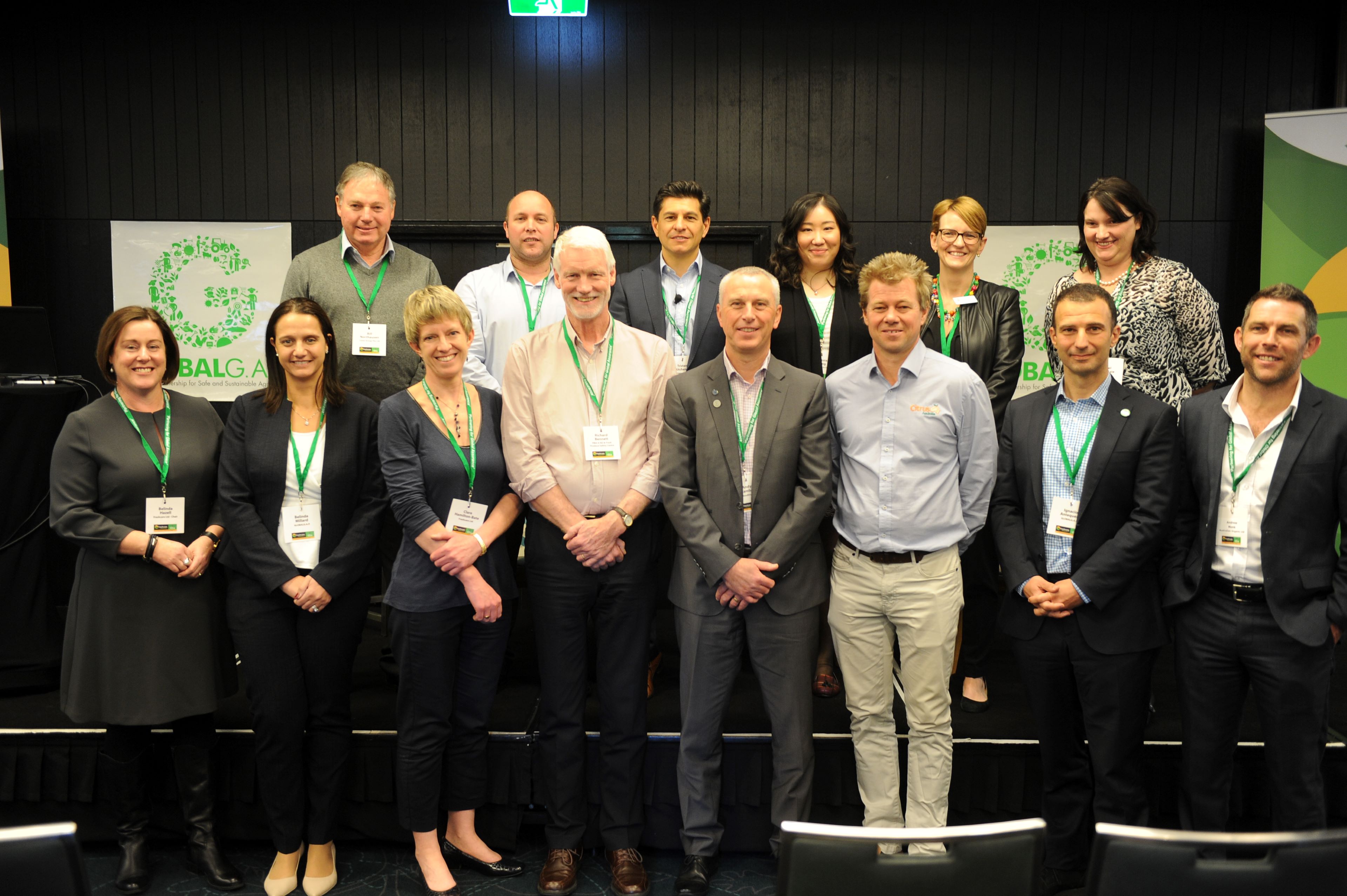
TOUR stops in 2017 reached more than 1,300 delegates in 15 countries.
Australia (Sydney)
Bangladesh (Daka)
China (Chengdu)
Egypt (Luxor)
Ethiopia (Addis Ababa/Awassa)
Greece (Athens)
Hungary (Szentes/Gyöngyös)
Israel (Jerusalem)
Japan (Nagoya)
Mongolia (Ulaanbaatar)
Nigeria (Leggi)
Romania (Bucharest)
Togo (Lomé)
Uruguay (Montevideo)
Uzbekistan (Tashkent)
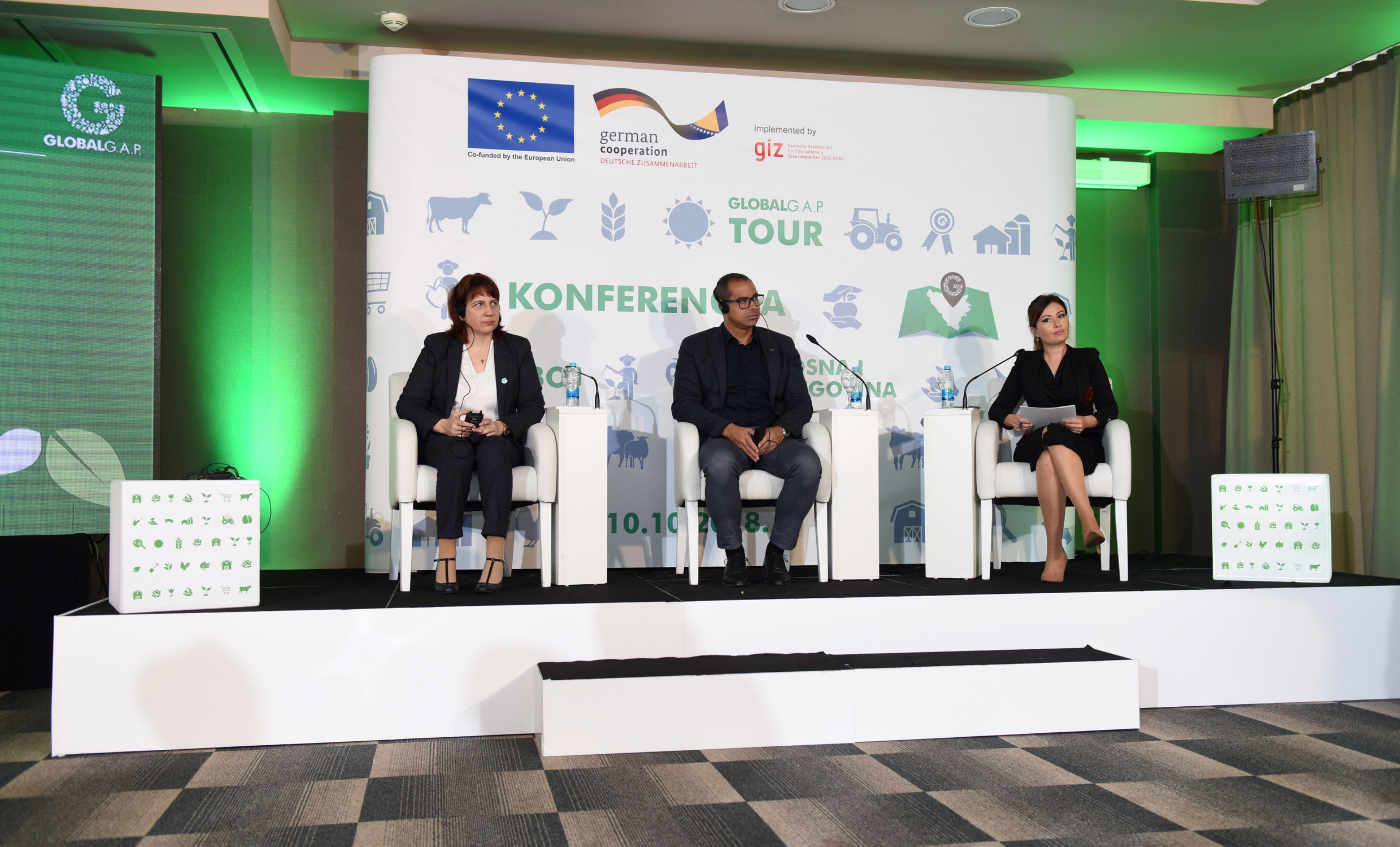
TOUR stops in 2018 reached more than 400 delegates in six countries.
Bosnia and Herzegovina (Doboj)
Georgia (Tbilisi)
Kazakhstan (Astana)
Kyrgyzstan (Bishkek)
Spain (Madrid)
Tajikistan (Dushanbe)
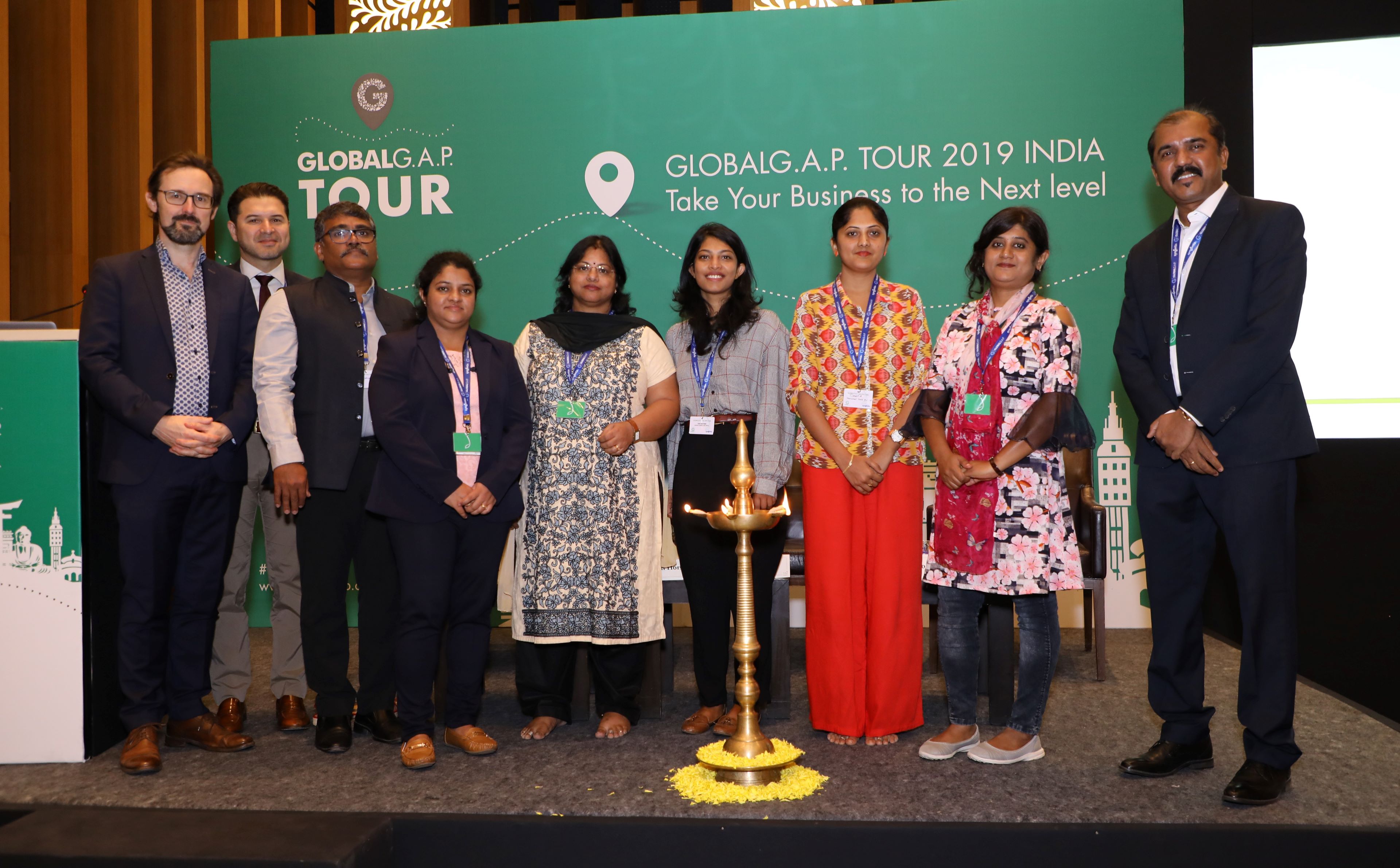
TOUR stops in 2019 reached more than 1,700 delegates in 10 countries.
Albania (Tirana)
Argentina (San Miguel de Tucumán)
Colombia (Medellín)
Dominican Republic (Santo Domingo)
Ecuador (Guayaquil)
Guatemala (Guatemala City)
India (Bangalore/Baramati/Delhi/Nashik)
Kenya (Nairobi)
Latvia (Riga)
Ukraine (Kyiv)
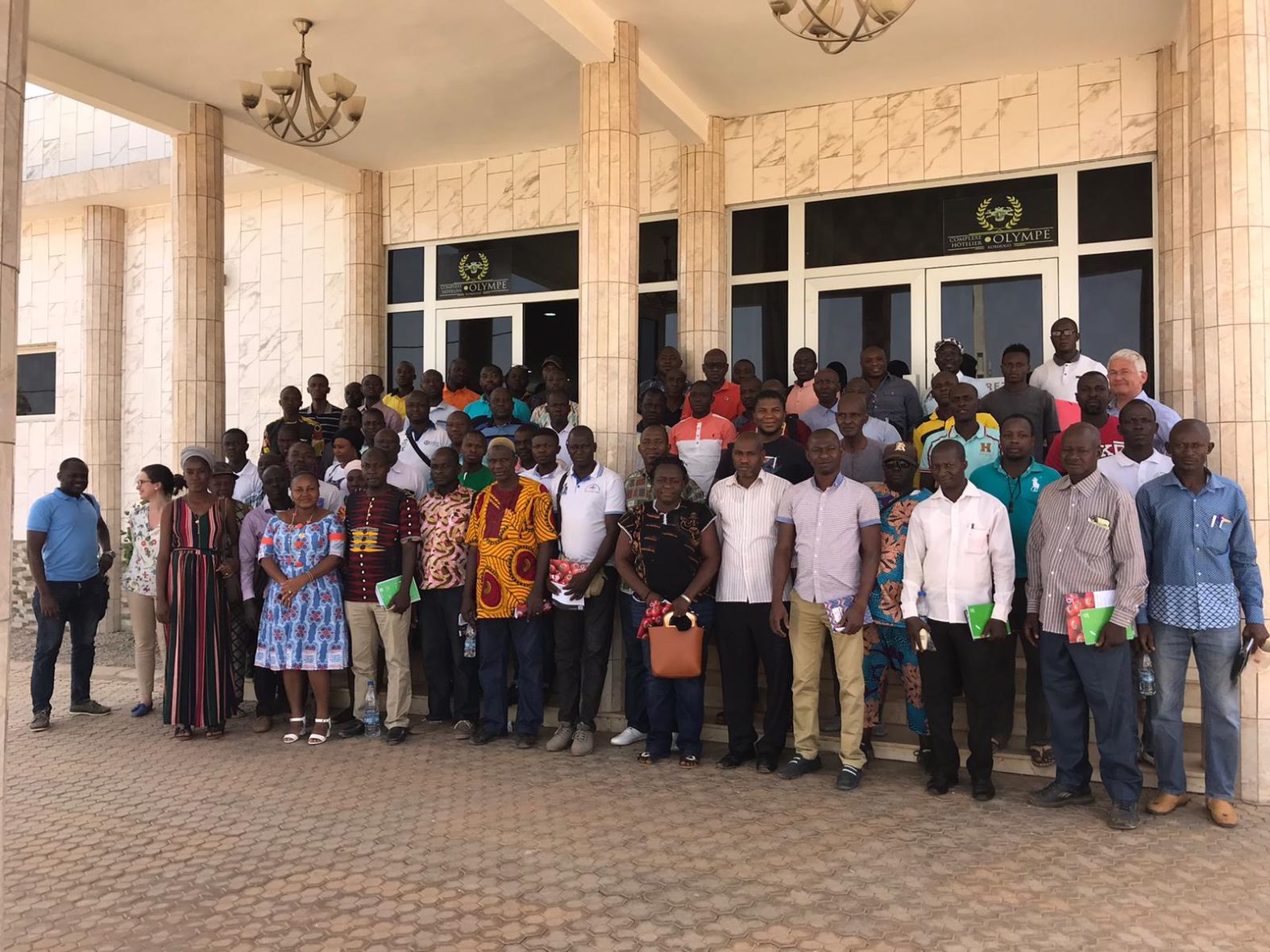
The COVID pandemic prevented the usual run of TOUR stops in 2020 and 2021. However, it was possible for two stops reaching more than 100 delegates to take place in the Ivory Coast before travel and social distancing restrictions were imposed.
Ivory Coast (Abidjan/Korhogo)

TOUR stops in 2022 reached more than 600 delegates in three countries.
Japan (Fujisaki)
Mexico (Guadalajara)
Tanzania (Arusha)
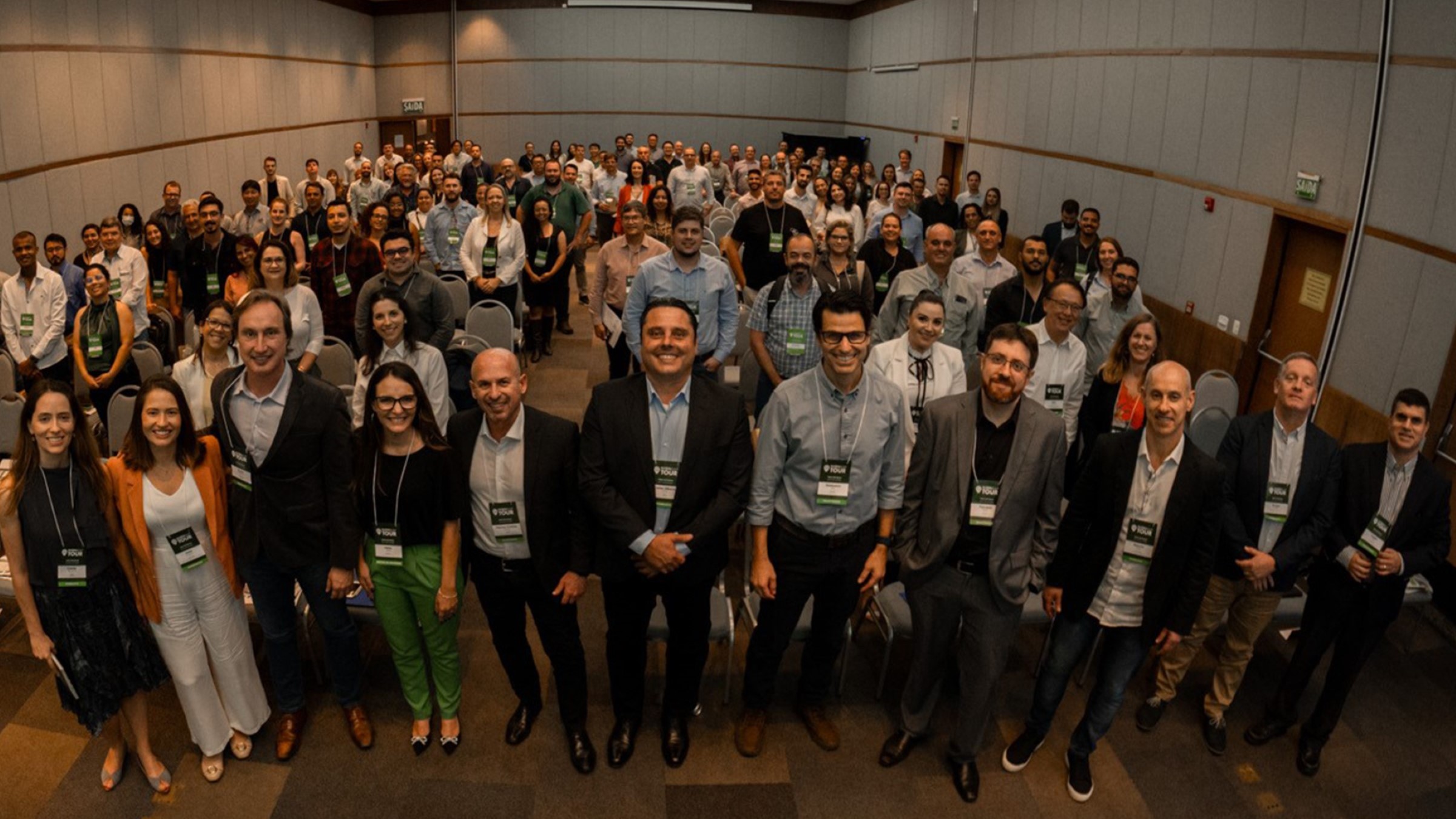
TOUR stops in 2023 reached more than 1200 delegates in four countries.
Spain (Almeria)
Greece (Athens)
Kenya (Nairobi)
Brazil (São Paulo)

Share your experience!
Are you already part of our mission to foster the global adoption of safer and more responsible farming practices? We would love to hear from you!
Submit a testimonial about working with GLOBALG.A.P. for a chance to be featured on our website and social media channels – with more than 80,000 followers across five platforms.
Latest news
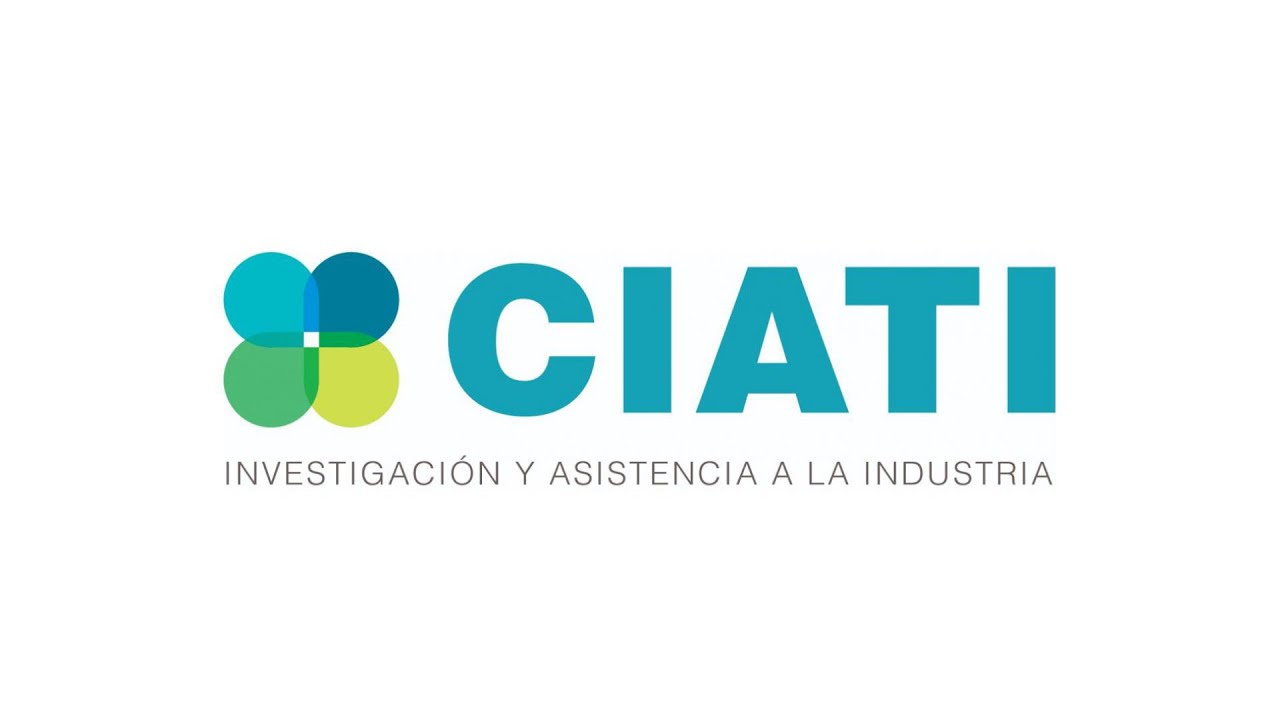
30 June 2025
Argentine food safety and analytical services center CIATI joins the GLOBALG.A.P. community
With over 25 years of expertise, CIATI provides comprehensive analytical testing and technical assistance to support regulatory compliance in food safety across sectors.

30 June 2025
United States national interpretation guideline published for Integrated Farm Assurance (IFA) v6 GFS for fruit and vegetables
Integrated Farm Assurance (IFA) v6 GFS, recognized by GFSI, is now supported with the newly published national interpretation guideline for fruit and vegetable production in the United States.
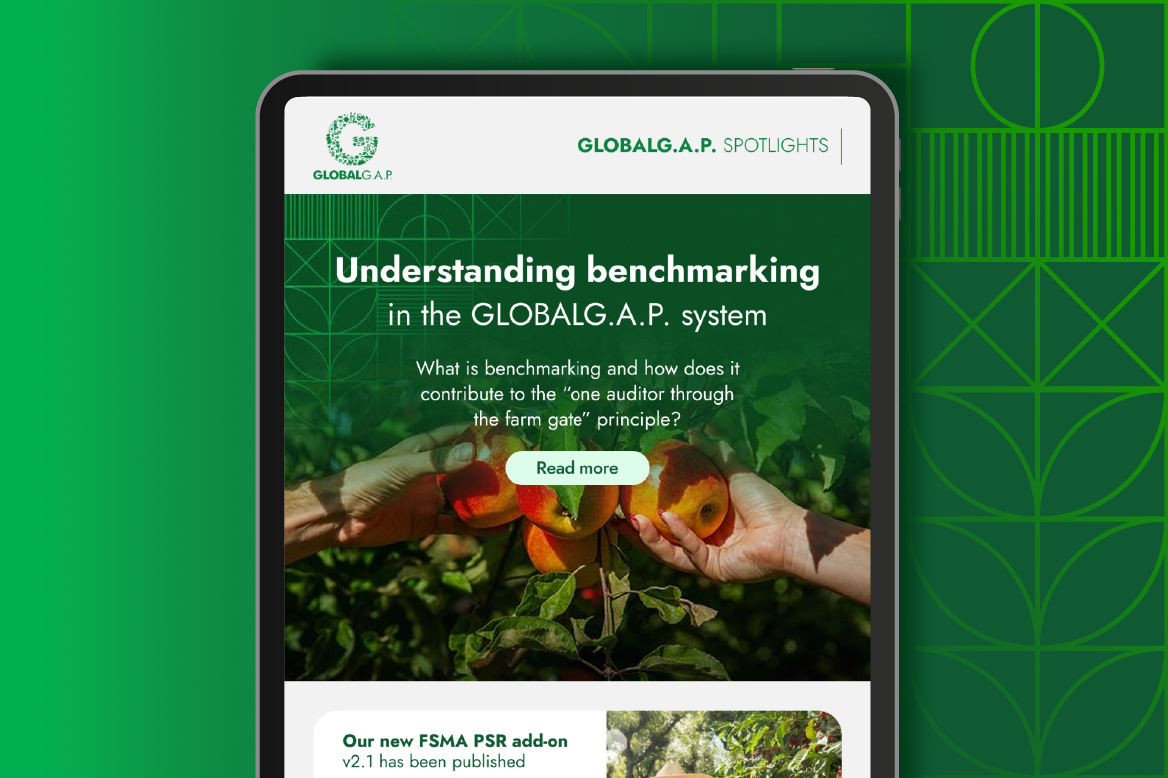
Subscribe to our newsletter
Get the latest updates and upcoming events delivered direct to your inbox!
GLOBALG.A.P. TOUR stops FAQ
TOUR stops are one- to two-day capacity-building events, featuring both on-site and hybrid formats, for the promotion of safer and more sustainable farming practices around the world. They are hosted in collaboration with local partners in a specific country, and promote understanding of GLOBALG.A.P. solutions and certification in a regional context.
Participants can include the entire range of value chain stakeholders as well as GLOBALG.A.P. experts. Events typically cover activities such as keynote presentations, roundtable discussions, consultation sessions, networking activities, workshops, and field visits to observe GLOBALG.A.P. solutions in practice.
TOUR stops are usually hosted in partnership with GLOBALG.A.P. Community Members, national technical working groups, Registered Trainers, trade associations, or developmental aid organizations.
If you are interested in partnering on an event and can fulfil the requirements for TOUR stop partners, please contact us to discuss a collaboration.
If you are looking to partner with us on a more widescale project, please see our capacity building projects page.
Please visit the GLOBALG.A.P. events page for the latest information on upcoming TOUR stops. This includes event registration information.
GLOBALG.A.P. experts actively attend industry events throughout the year. Please contact us with full details about the event and its focus/topic. Your request will be forwarded to the relevant team member(s).
The GLOBALG.A.P. Secretariat publishes a monthly email newsletter that includes information and reviews of the latest events. Subscribe to Spotlights now to receive all updates direct to your inbox!

Contact us
For questions about GLOBALG.A.P. TOUR stops, please contact us at tour@globalgap.org.
